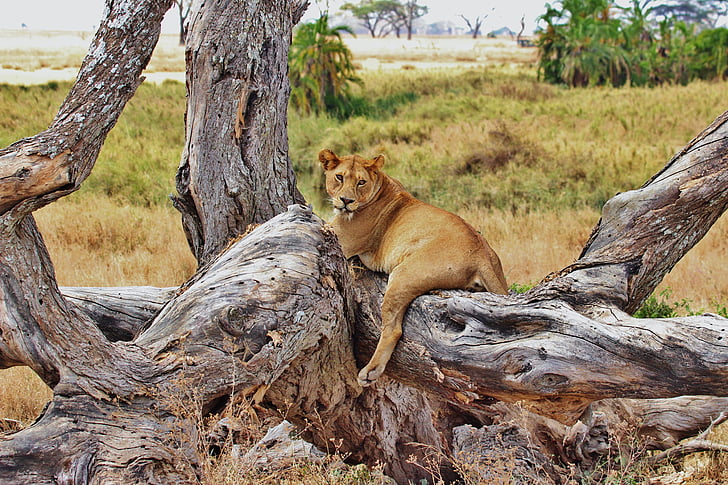
Private Safari Guide for Tanzania: From the Serengeti to Zanzibar – Planning, Parks & Pure Wilderness
Imagine you're not just a visitor, but the director of your own Tanzanian adventure. That's precisely what a private safari in Tanzania is. It's far more than a standard tour; it's a deeply personal journey of discovery, entirely tailored to you and your wishes. I've led countless safaris, and believe me, private tours simply have that special magic. You delve deeper, experience more intensely.
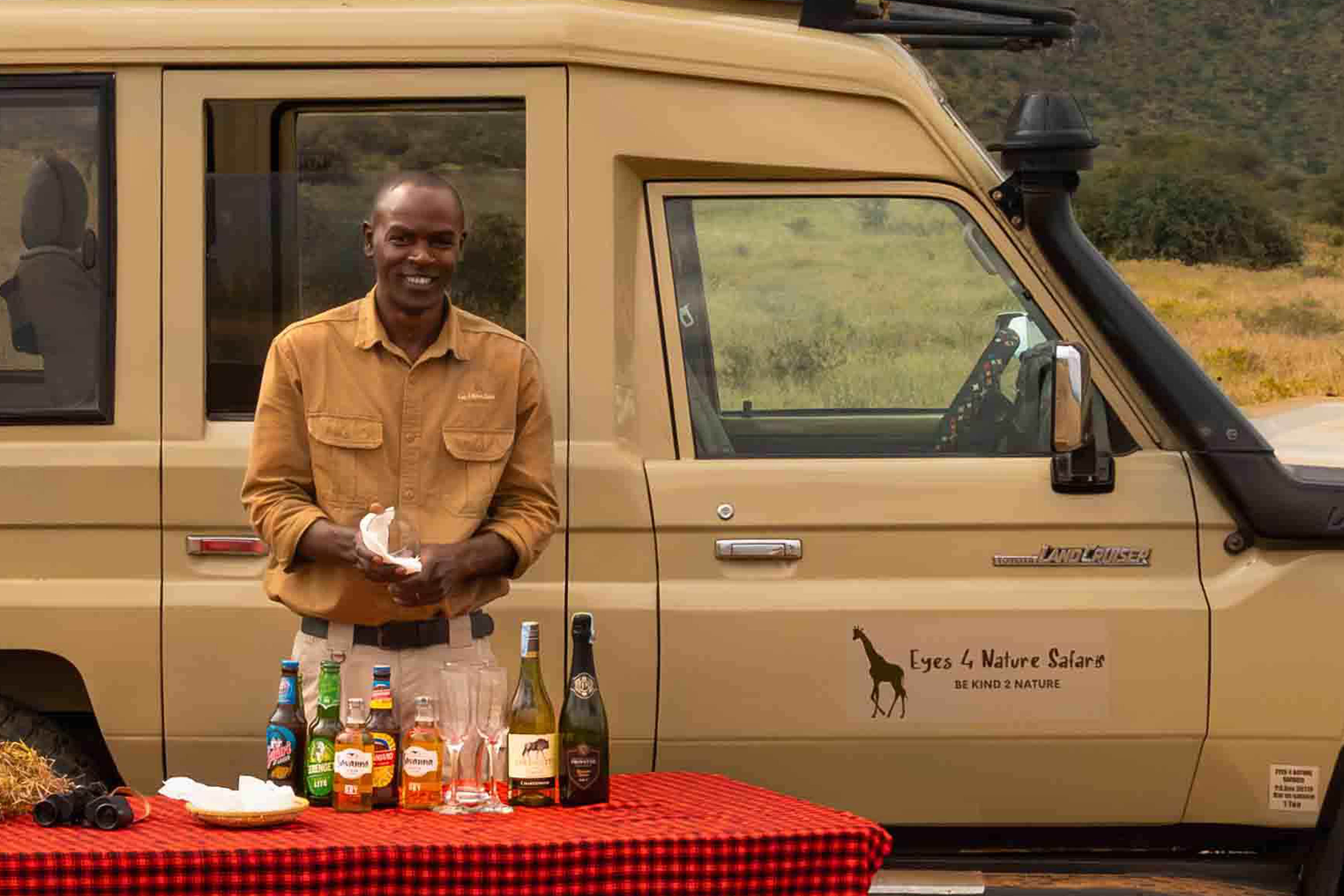
The reasons why a private safari is often the best choice are clear, especially here in Tanzania:
- Your Time, Your Rhythm: You decide how long you want to linger with a sleeping lion pride or whether you'd prefer to start your sunrise with a cup of coffee in the bush rather than an early game drive. No compromises, pure flexibility.
- Pure Exclusivity: It's just you, your companions, and your personal guide in your own vehicle. Imagine sharing those incredible moments – perhaps the first sighting of a leopard – only with the people closest to your heart.
- Tailor-Made Routes: Every private safari is unique. We plan the route based on your interests. Whether you're a passionate photographer, want to follow the tracks of the Great Migration, or are fascinated by birdlife – your safari will follow your dreams.
- Your Personal Expert and Your Safari Vehicle: With a private guide like me and a top-equipped safari vehicle by your side, you not only have undivided attention but also access to profound knowledge and the best viewing spots. I don't just tell you facts; I share stories I've gathered over years in the wilderness.
- Perfect for Special Moments: Honeymoon, a milestone birthday, or a long-awaited family trip? A private safari turns these occasions into a truly unforgettable experience.
And why Tanzania of all places for this exclusive experience? Well, Tanzania is a land of superlatives. We have wildlife here that is second to none – from the famous Big Five to the spectacular Great Migration in the Serengeti. Add to that landscapes that will take your breath away: the endless plains of the Serengeti, the majestic Ngorongoro Crater, the mighty Baobab trees in Tarangire. And not to forget, the warm-hearted culture and hospitality of the people here. It's this blend that makes Tanzania so unique – and a private safari the best way to discover it all.

Planning Your Private Safari in Tanzania – Step by Step to Your Dream Holiday
Planning a private safari is almost as exciting as the safari itself! It's the moment when your dreams and wishes take shape. And the beauty of it: because it's your private safari, we design every step exactly according to your ideas. Over the years, I've learned that good planning is the key to an unforgettable experience. It's about putting the right puzzle pieces together – from the optimal travel time and selection of national parks to the type of safari that makes your heart beat faster.
In the following sections, I'll guide you through the most important considerations. We'll look at when is the best time to visit Tanzania, which of our breathtaking National Parks you shouldn't miss, which safari type best suits your ideas, and how we find the perfect accommodations for you. Always remember: This is your adventure, and I'm here to make it your personal highlight with my experience and knowledge.
The Best Time for Your Private Safari in Tanzania
The question of the "best" time to travel for a safari in Tanzania is one I'm often asked. And my answer is usually: It depends on what you want to experience! Tanzania is a year-round destination, but every season has its own distinctive charm and peculiarities. I'm happy to help you find the perfect time for your personal safari dreams. You can also find more details on our page Tanzania Best Time to Visit.
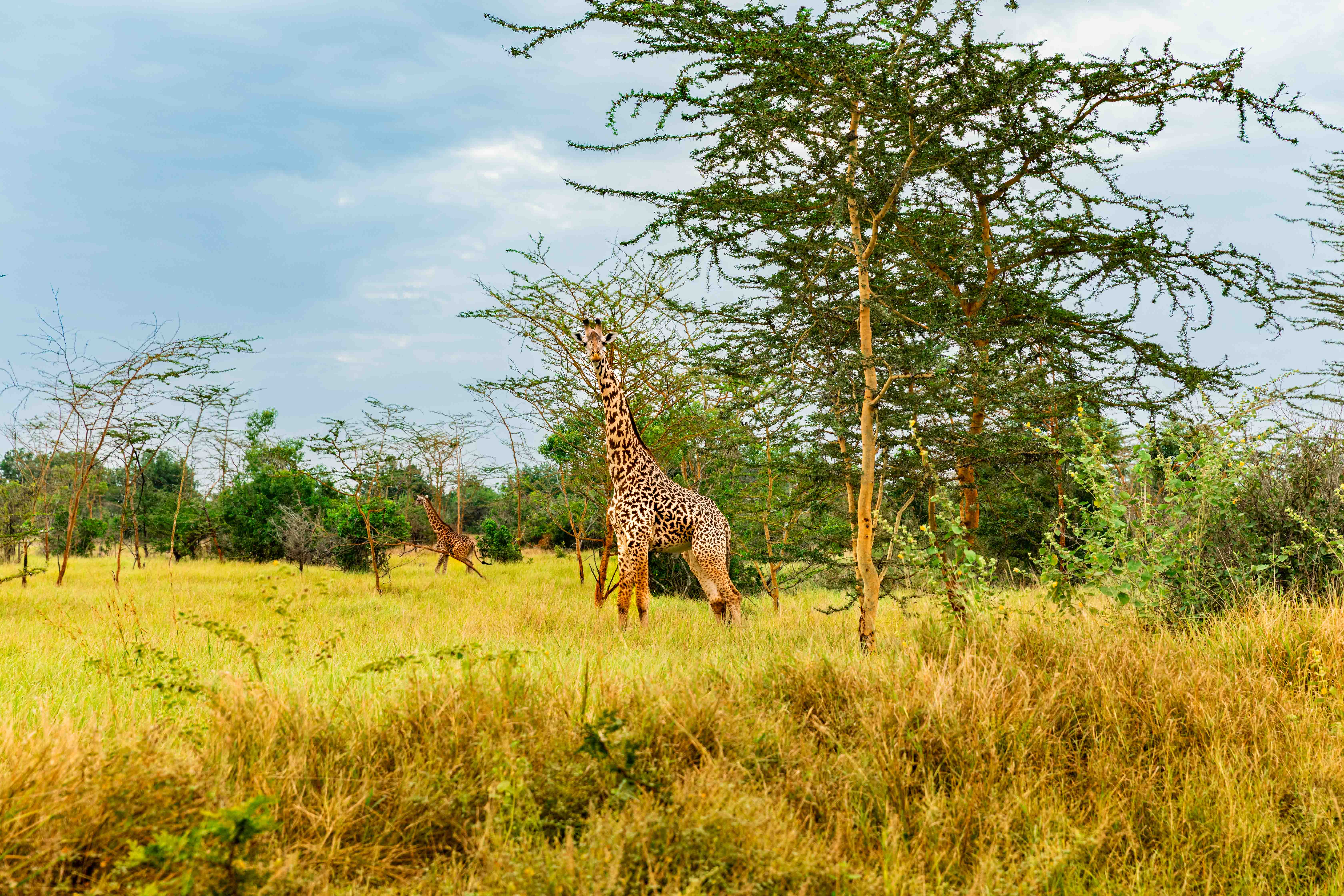
Generally, we distinguish between two main seasons:
- The Dry Season (approx. June to October and often January/February): This is the classic peak season. Why? The vegetation is less dense, the grass shorter, and the animals gather at the remaining waterholes. This often makes wildlife viewing easier. Imagine standing on the bank of a river watching elephant herds come to drink – a sight you won't forget! The days are mostly sunny and warm, the nights pleasantly cool. For many, this is the ideal time to spot the Big Five.
- The Rainy Season (often divided into the "short rains" in November/December and the "long rains" from March to May): Many shy away from the rainy season, but it definitely has its charms, especially for a private safari where we are flexible. The landscape turns green and blooms obstáculos – a paradise for photographers! There are significantly fewer tourists, which gives you an even more exclusive feeling. Many animals give birth during this time, especially in the southern Serengeti during the wildebeest calving season (usually January to March). And the birdlife is simply spectacular, as many migratory birds overwinter with us. The rain showers are often short and heavy, mostly in the afternoon, and rarely disrupt the safari experience in the long run.
The Great Migration – A Factor for Your Timing
A very special natural phenomenon is the Great Migration of millions of wildebeest and zebras through the Serengeti. Their route and the timing of the famous river crossings (usually July to September at the Mara River in the north) depend heavily on the rains. If you want to experience this spectacle, we will, of course, plan your private safari accordingly.
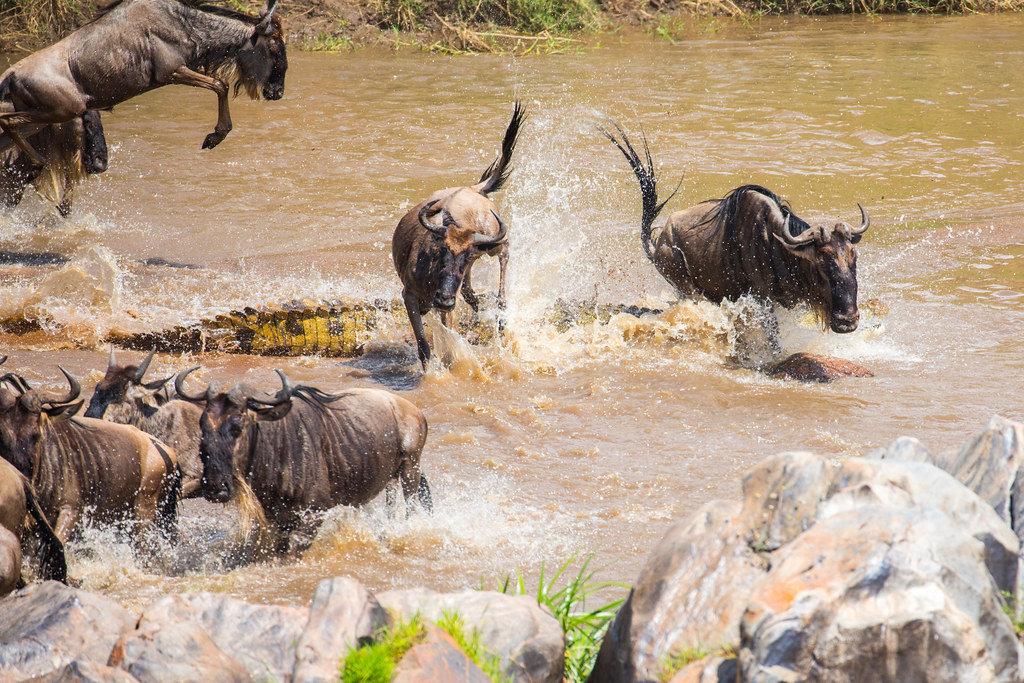
My Recommendation for Your Private Safari:
Let's talk about what's important to you.
- Do you want the best possible chances for wildlife sightings and dry weather? Then the dry season is ideal.
- Are you looking for lush landscapes, fewer crowds, and perhaps even the calving season? Then the rainy season or the shoulder season might be perfect for you.
- Are you a passionate bird watcher? Then the months from November to April are often the best.
No matter which time you choose, I will ensure that your private safari in Tanzania becomes an unforgettable experience. We always adapt the route and activities to the respective conditions so that you get the most out of your trip.
Choosing the Right National Parks and Regions for Your Private Adventure
Tanzania is blessed with some of the most famous National Parks and Protected Areas in the world. Each park is a jewel in itself. The "right" choice depends entirely on your interests, the desired length of your trip, and, of course, the time of year. But don't worry, that's exactly what I'm here for – to work with you to create the perfect route for your private safari. Let's take a look at the different regions:
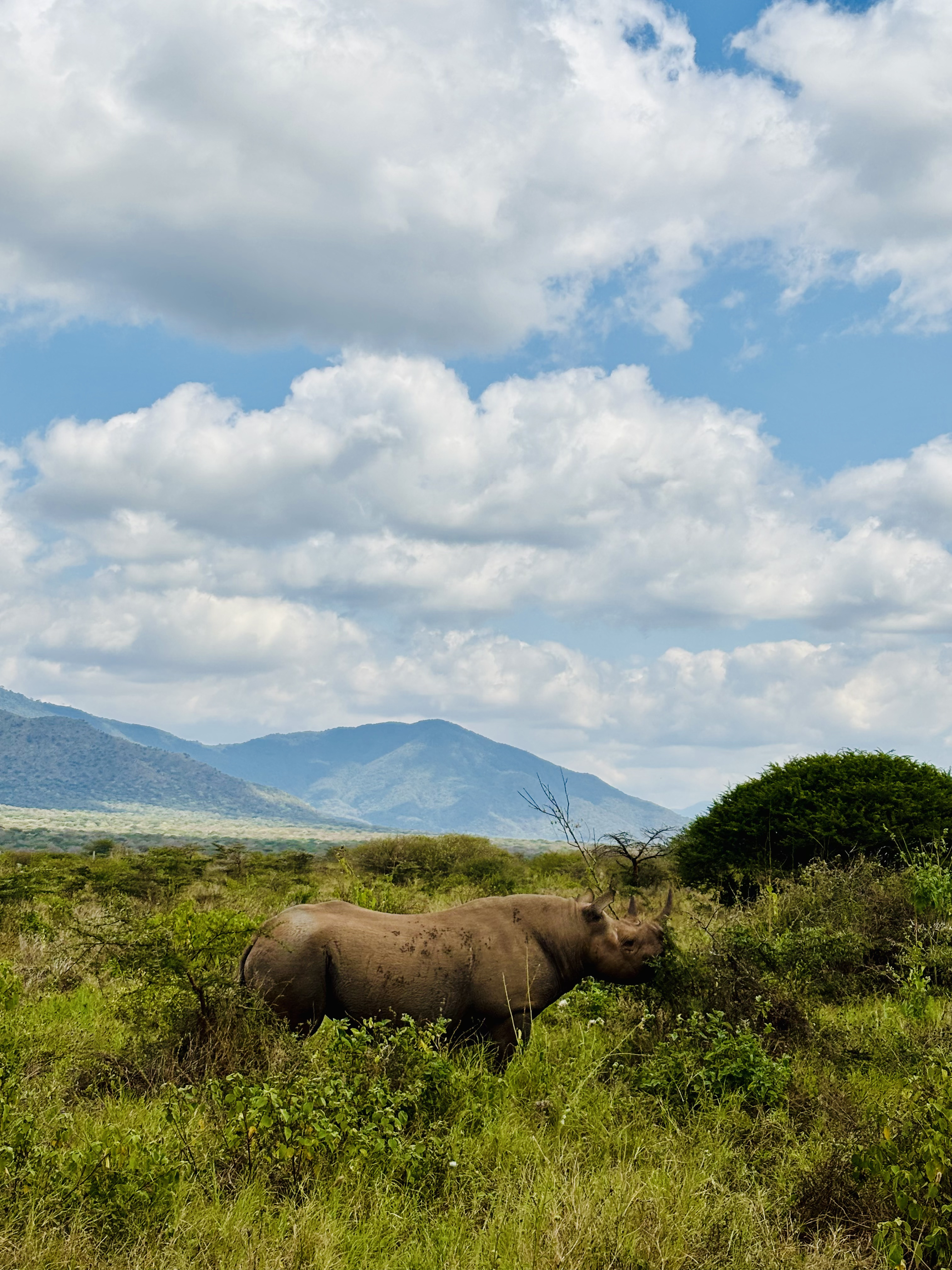
The Famous Northern Circuit: A Must for First-Time Visitors
Northern Tanzania is arguably the most famous safari circuit, and for good reason. Here you'll find an incredible concentration of wildlife and some of Africa's most iconic landscapes.
Serengeti National Park: The name alone evokes longing! The Serengeti is the stage for the spectacular Great Migration and a park of seemingly endless expanse. Here you can experience huge herds of wildebeest and zebras, watch lion prides hunting, and with a bit of luck, see cheetahs chasing their prey. I've spent countless days here and always discover something new.
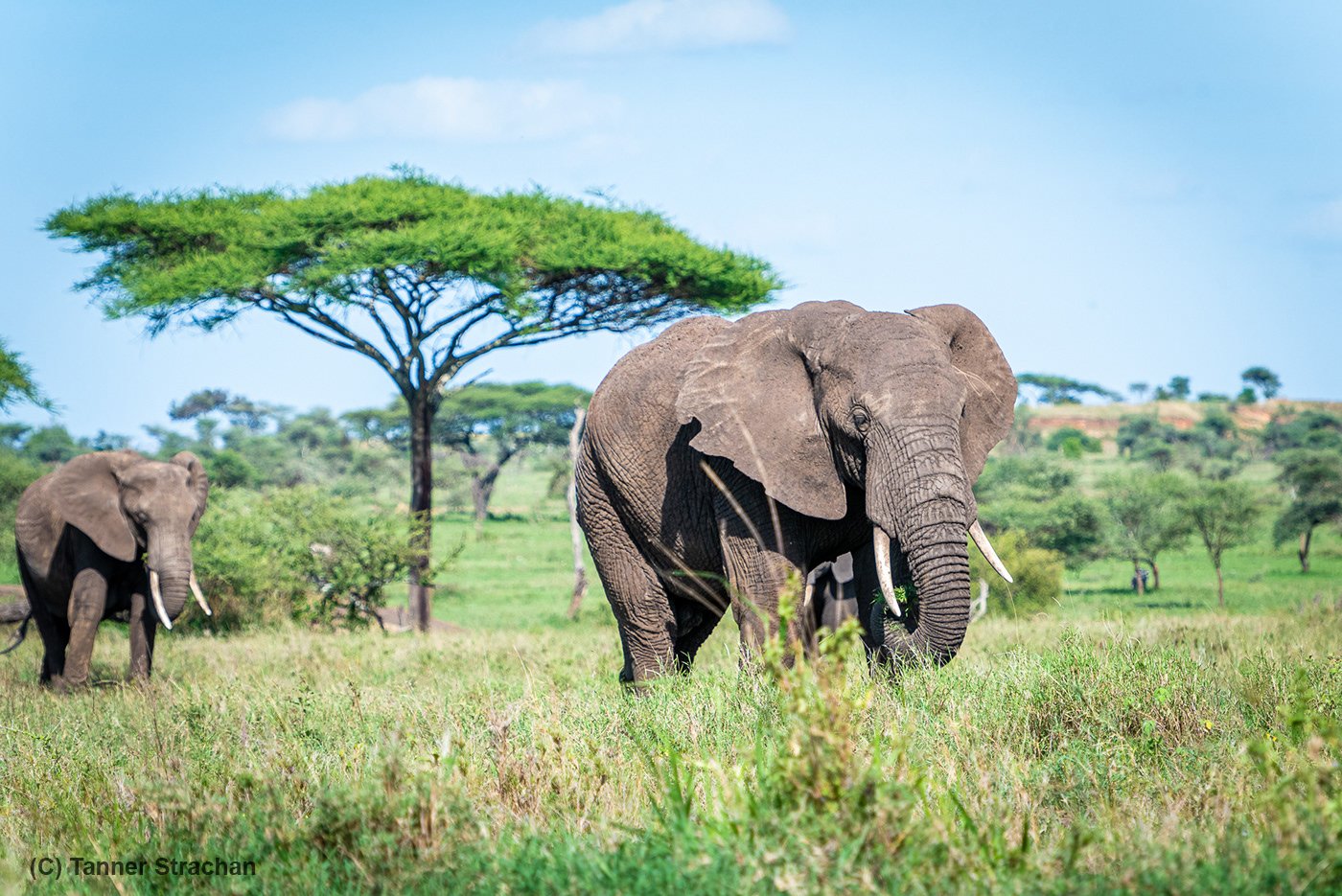
Ngorongoro Crater: Another World Heritage Site and often called the eighth wonder of the world. The Ngorongoro Crater is a huge volcanic caldera with an incredibly dense animal population on the crater floor, including the rare black rhino. The drive down into the crater is a goosebump moment every time.
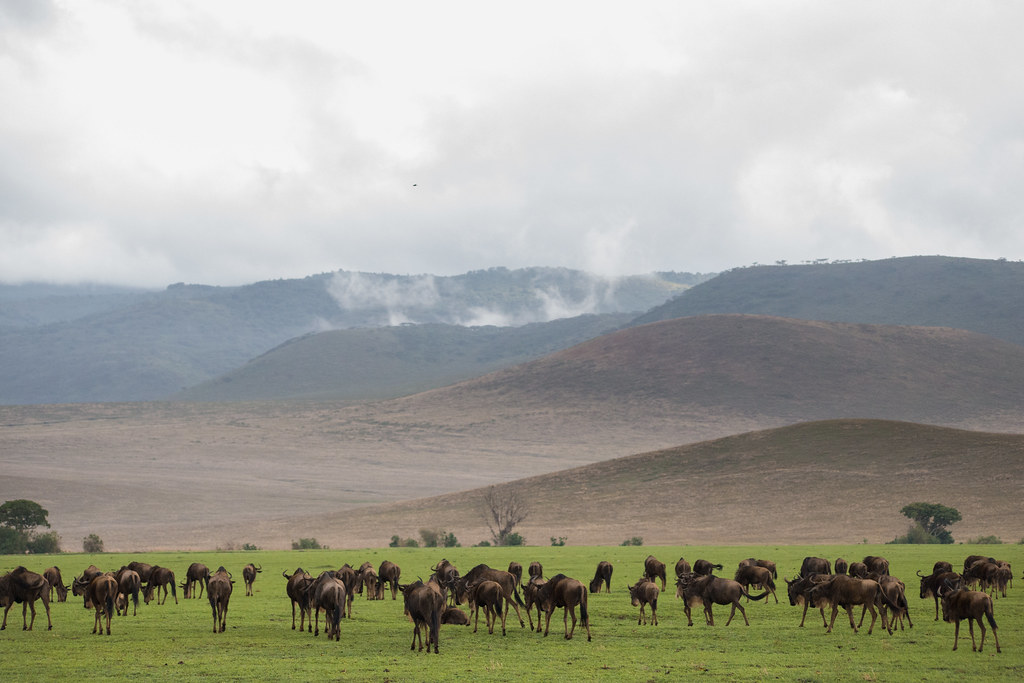
Tarangire National Park: My personal insider tip in the north, especially during the dry season! Tarangire National Park is famous for its huge elephant herds, majestic baobab trees, and the chance to spot the elusive Leopard. The landscape here is simply magical.
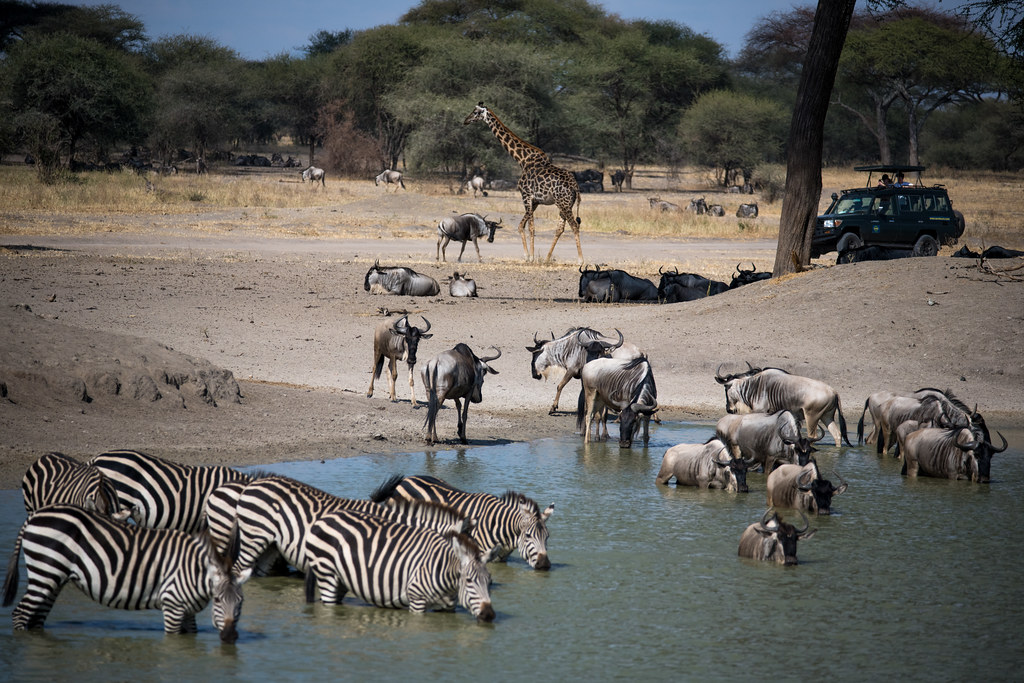
Lake Manyara National Park: A smaller but very diverse park. Lake Manyara National Park is known for its tree-climbing lions (although you don't always see them!), impressive birdlife, flamingos on the lake shore, and dense groundwater forests. A boat trip on the lake can also be a great experience.
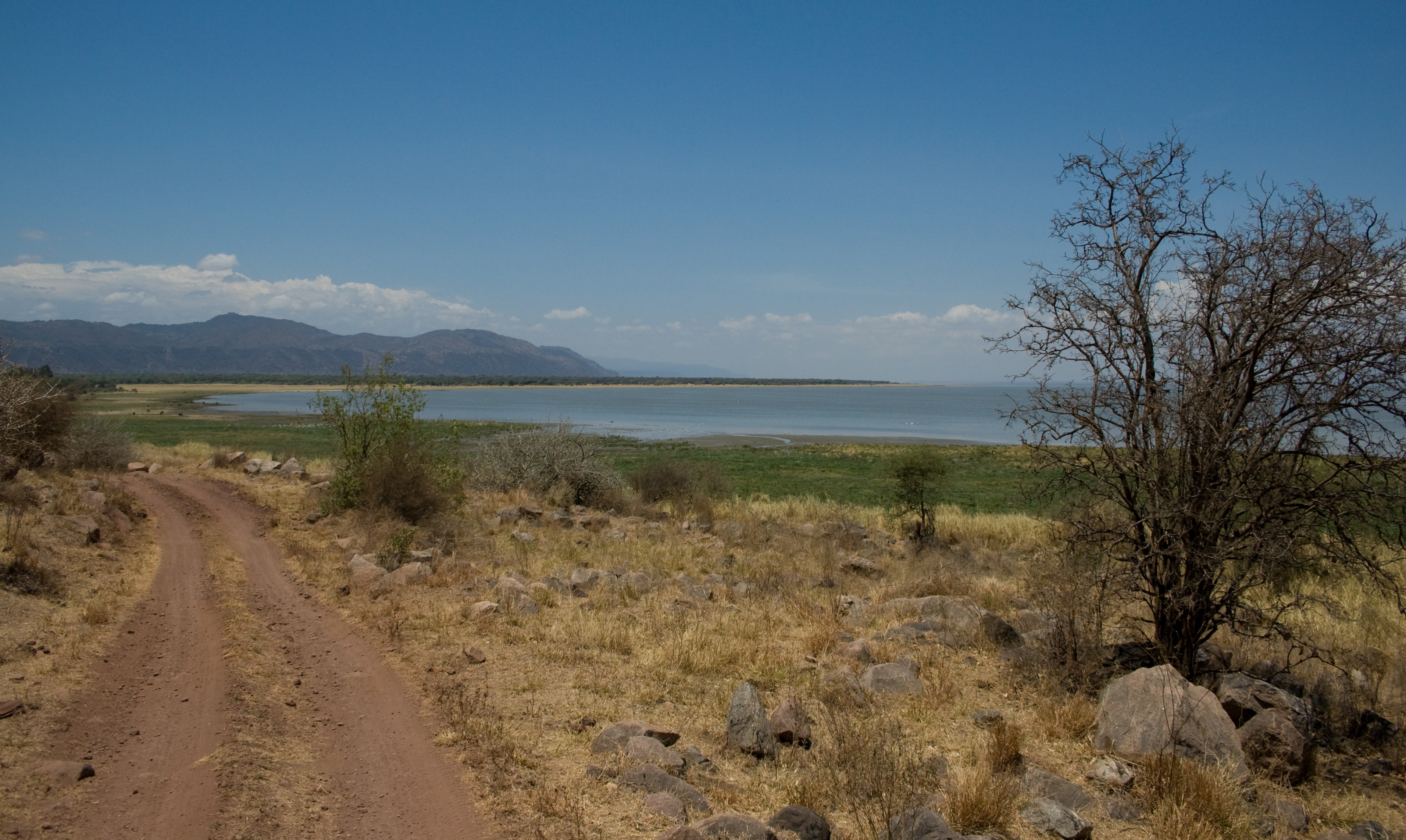
The Untouched Southern Circuit: For Connoisseurs and Explorers
If you are looking for wilder and more pristine experiences off the main routes, then southern Tanzania is just right for you. Here, the parks are huge and visitor numbers are lower.
Nyerere National Park (formerly Selous Game Reserve): One of Africa's largest protected areas! In Nyerere National Park, in addition to classic game drives, you can also go on exciting boat safaris on the Rufiji River and guided walking safaris – a completely different way to experience the wilderness. The landscape is characterized by rivers, lakes, and vast plains.
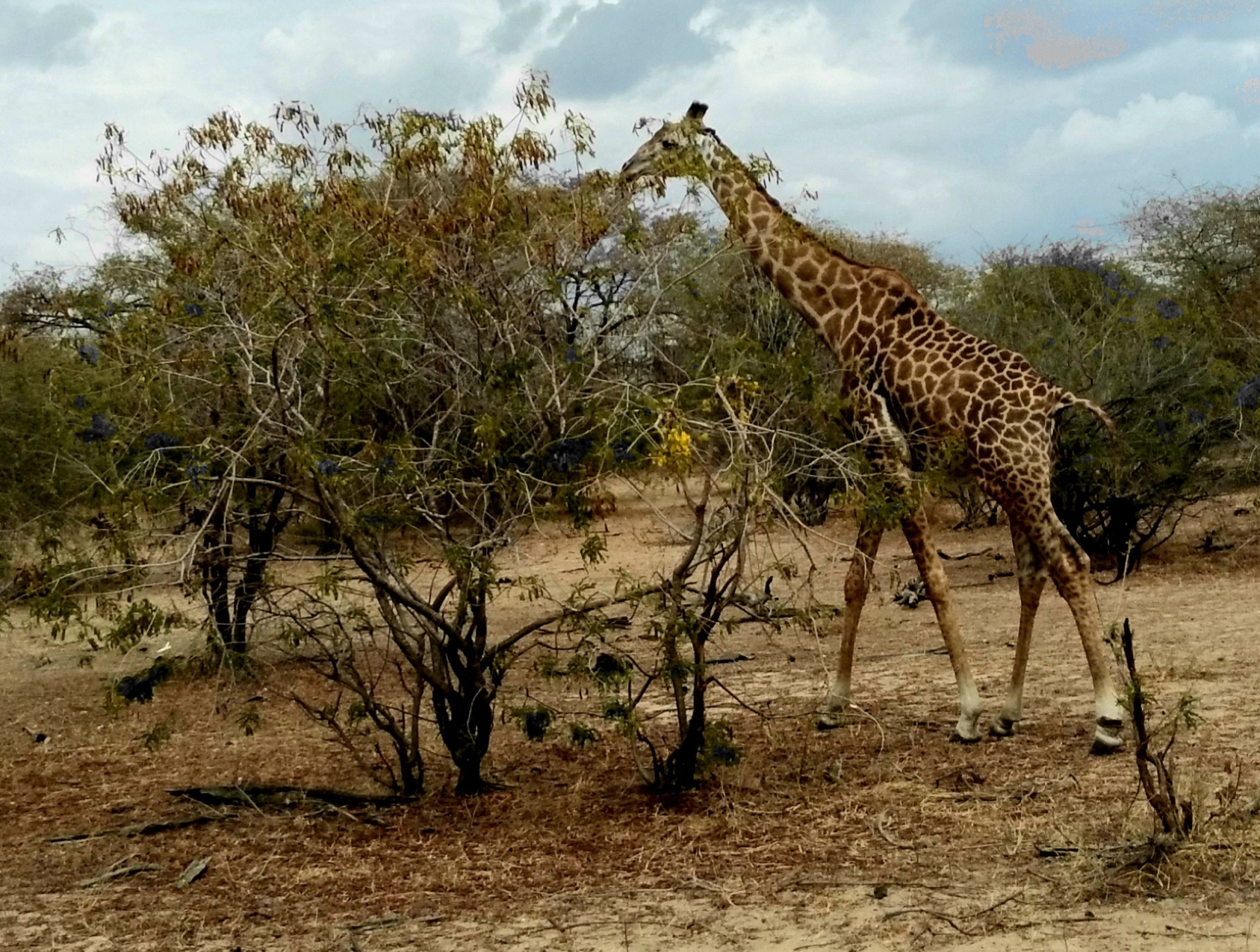
Ruaha National Park: Ruaha National Park is Tanzania's largest national park and a real insider tip for safari enthusiasts. It is known for its large elephant and buffalo herds, an impressive predator density (lions, leopards, wild dogs), and a dramatic landscape along the Great Ruaha River. I love the rugged beauty of this park.
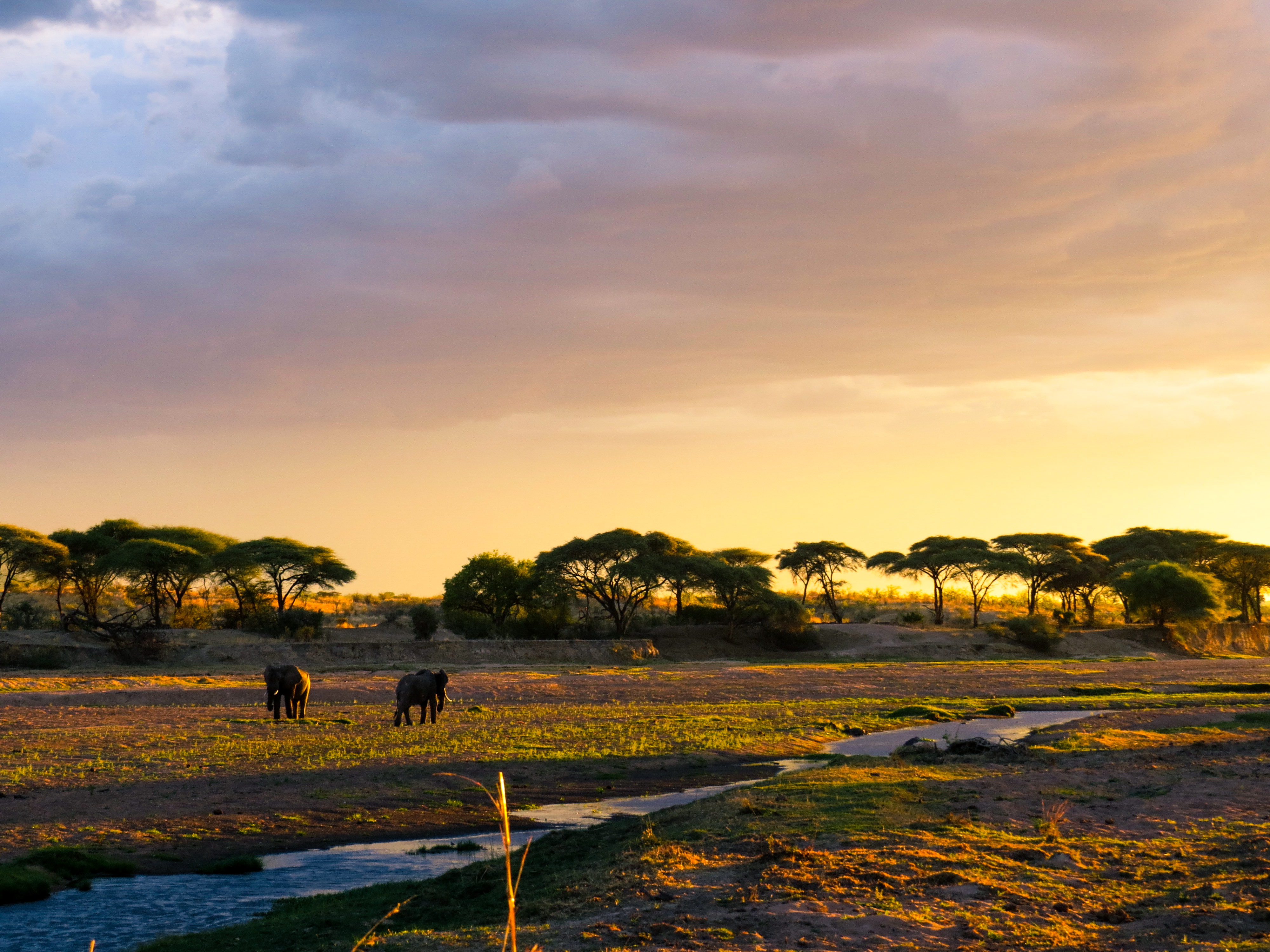
The Remote Western Circuit: Chimpanzees and Untouched Nature
For the ultimate adventure off the beaten track, you should consider western Tanzania. Unique experiences await you here.
Mahale Mountains National Park: A dream for primate lovers! Mahale Mountains National Park on the shores of the deep blue Lake Tanganyika is one of the best places in the world to observe chimpanzees in the wild. Trekking to the chimpanzees through the rainforest is strenuous, but worth every effort.
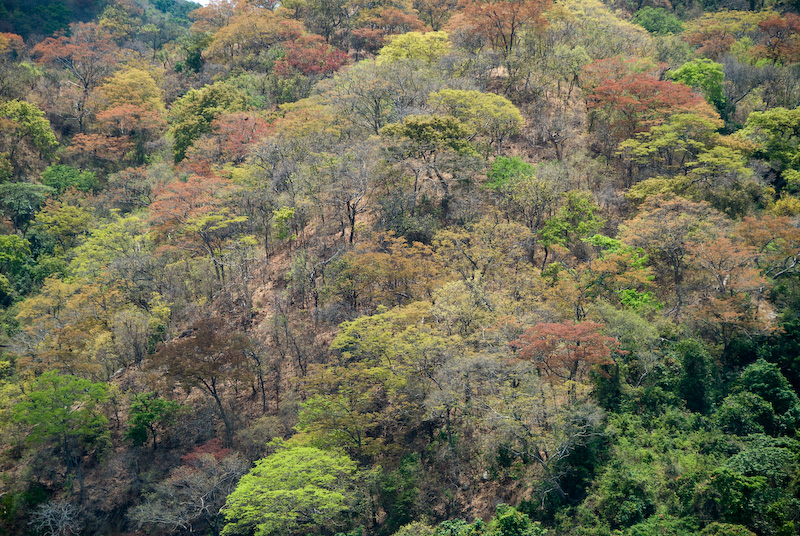 Gombe Stream National Park: Made famous by the research of Jane Goodall. In Gombe Stream National Park you can also experience chimpanzees up close. It's a smaller park, but no less fascinating.
Gombe Stream National Park: Made famous by the research of Jane Goodall. In Gombe Stream National Park you can also experience chimpanzees up close. It's a smaller park, but no less fascinating.
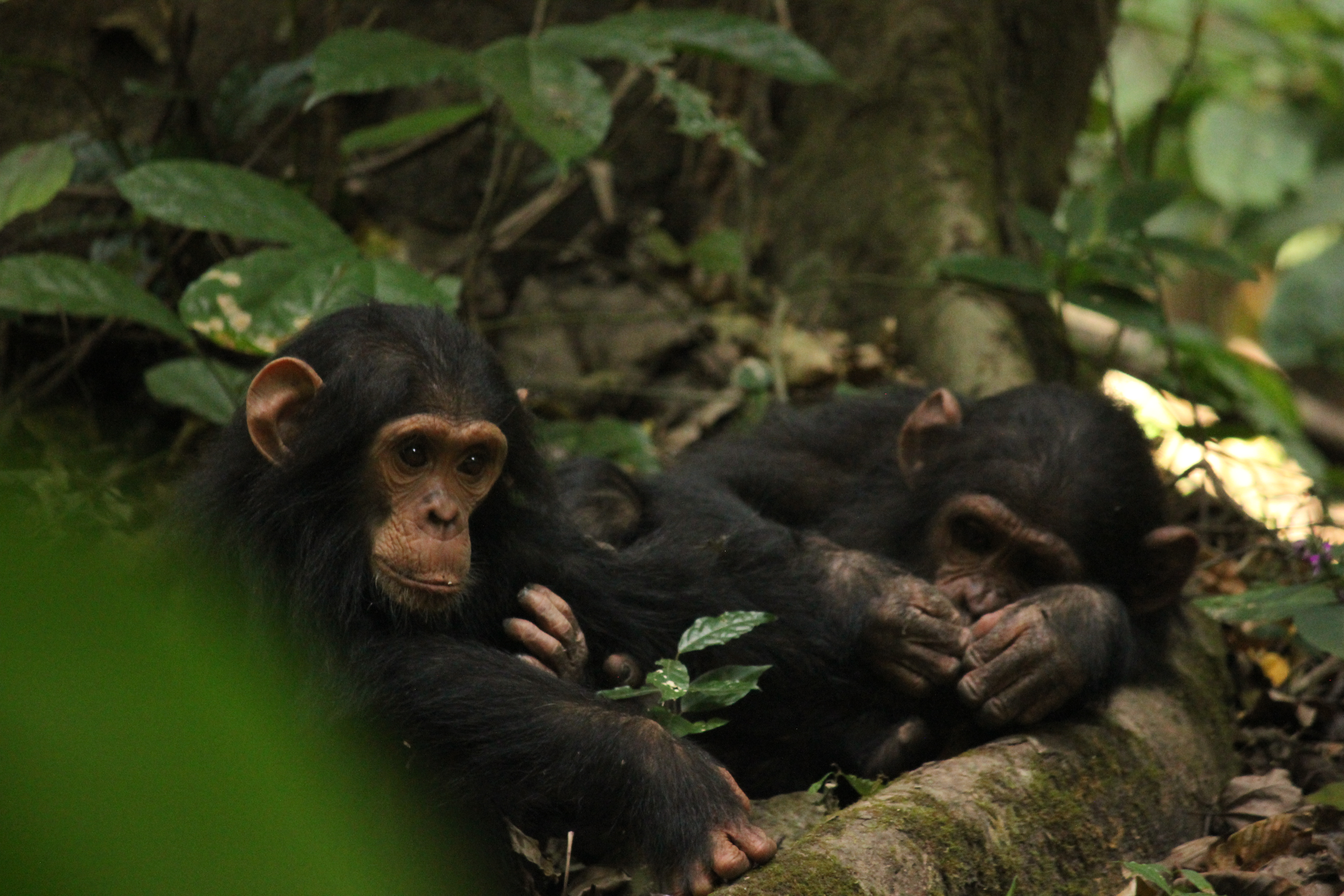
Special Places and Insider Tips for Your Private Safari
Besides the major national parks, there are many other treasures to discover:
Udzungwa Mountains National Park: A paradise for hikers and nature lovers. The Udzungwa Mountains National Park is part of the Eastern Arc Mountains, known for their high biodiversity and many endemic plants and animals. Here you can hike to impressive waterfalls.
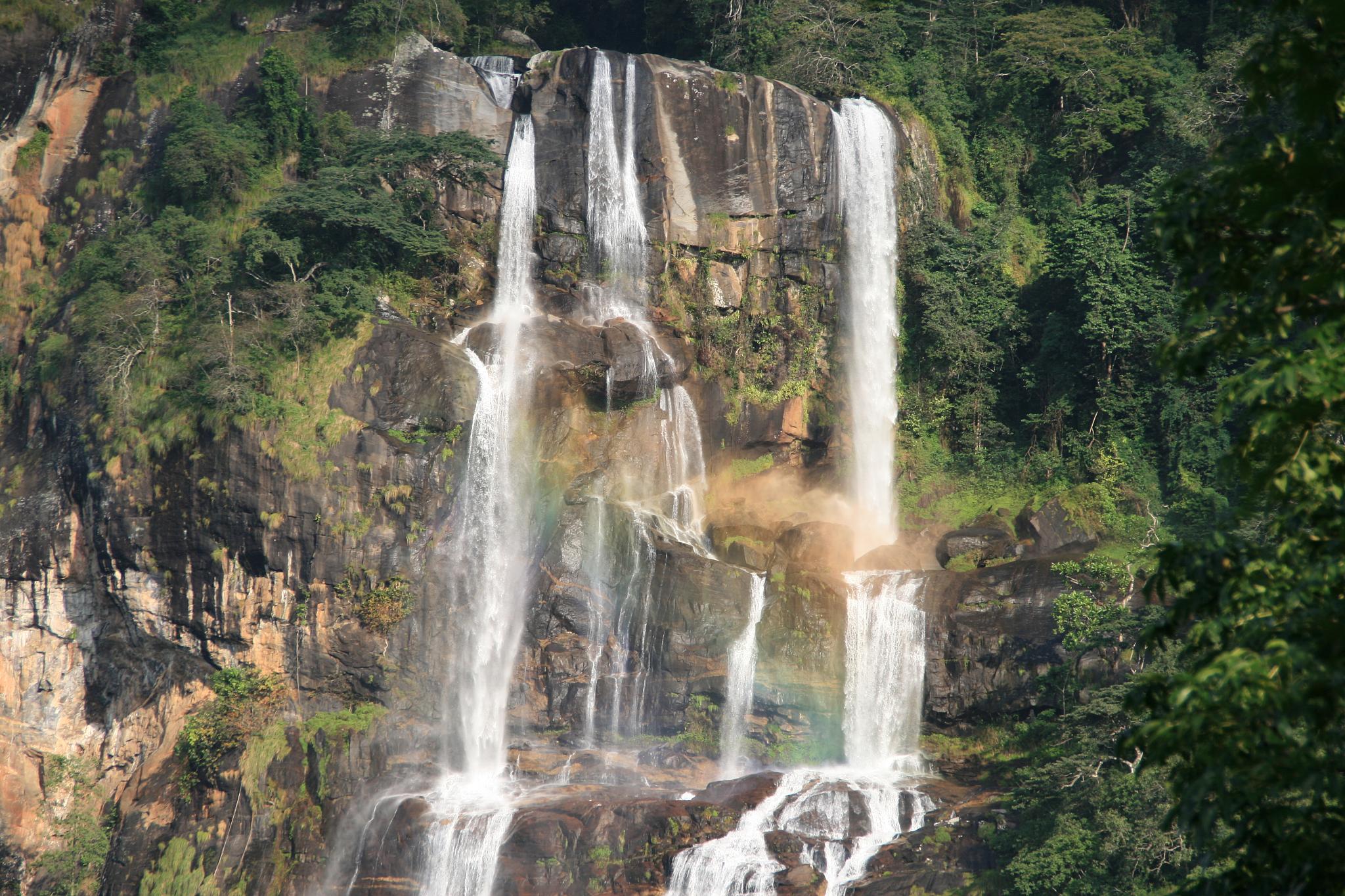
- Usambara Mountains: The Usambara Mountains offer a wonderful combination of nature, culture, and pleasant climate. Here you can hike through lush forests, visit charming villages, and enjoy breathtaking views. A great contrast to the savannas of the national parks.
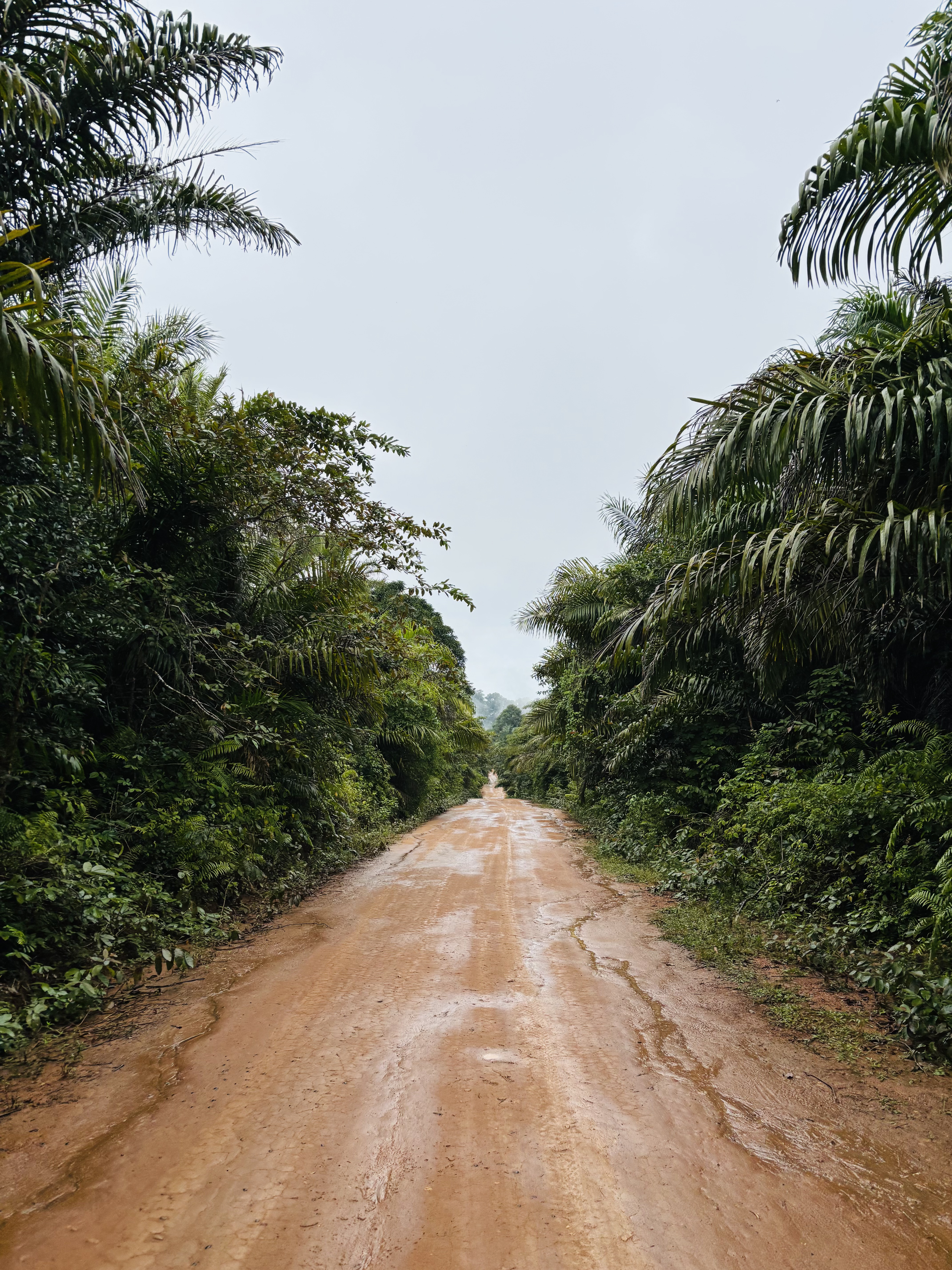
As you can see, the choice is huge! But don't worry, together we will find out which parks and regions best suit your ideas for a private safari. It's about defining your personal highlights and creating a route that will give you unforgettable experiences.
Which Safari Type Suits You? Tailor-Made Experiences
A safari is not just a safari. Depending on what you expect from your Tanzanian adventure, we can set the focus very differently. The possibilities are as diverse as the landscapes and wildlife of our country. Let's find out together which safari type makes your heart beat faster:
- Classic Wildlife Viewing Safari: This is probably the best-known type of safari and for many the epitome of an African journey. The focus is clearly on intensive wildlife viewing in the national parks. With your private guide and vehicle, you are flexible on the go to discover the Big Five and many other animals in their natural habitat. We take time for the special moments, be it a lion family in the shade of a tree or an elephant herd at a waterhole.
- Luxury Safari: If you value maximum comfort and exclusive experiences, then a luxury safari is just right for you. You will stay in first-class lodges and tented camps that leave nothing to be desired – often with private butler service, gourmet cuisine, and breathtaking views directly from your terrace. Here, adventure and relaxation combine wonderfully. Many of our accommodations fall into this category.
- Honeymoon Safari: Is there anything more romantic than spending your honeymoon amidst the breathtaking nature of Tanzania? We design a Honeymoon Safari entirely according to your wishes – with private dinners under the starry sky, secluded and luxurious accommodations, and of course, unforgettable wildlife sightings. Let yourself be enchanted by the magic of Africa!
- Photo Safari: Tanzania is a paradise for photographers! If your passion is photography, then a special Photo Safari is just the thing. We take extra time for the right lighting conditions and the best perspectives. Our vehicles offer optimal conditions for photographers, and as your guide, I know the animals' behaviors and the best spots. You can also find tips under Tanzania Safari Photography and Tanzania Photography Tips.
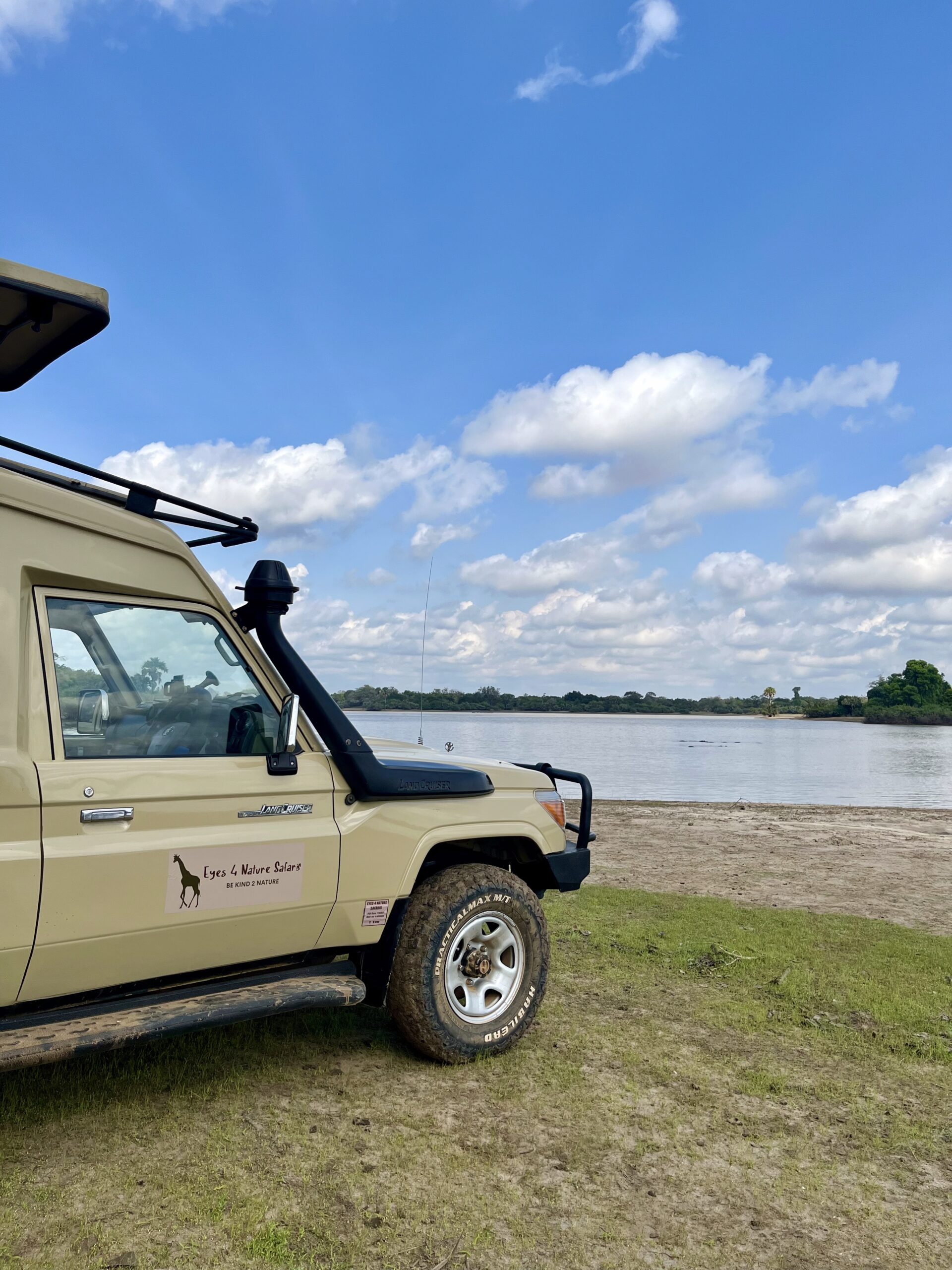
- Walking Safaris & Hiking Safaris: Exploring nature on foot is a very special experience. On a Walking Safari or Hiking Safari, you are even closer to the wildlife, pay attention to the small things along the way, and learn a lot about tracking and the ecosystem from your experienced guide. This is pure adventure and sharpens all senses!
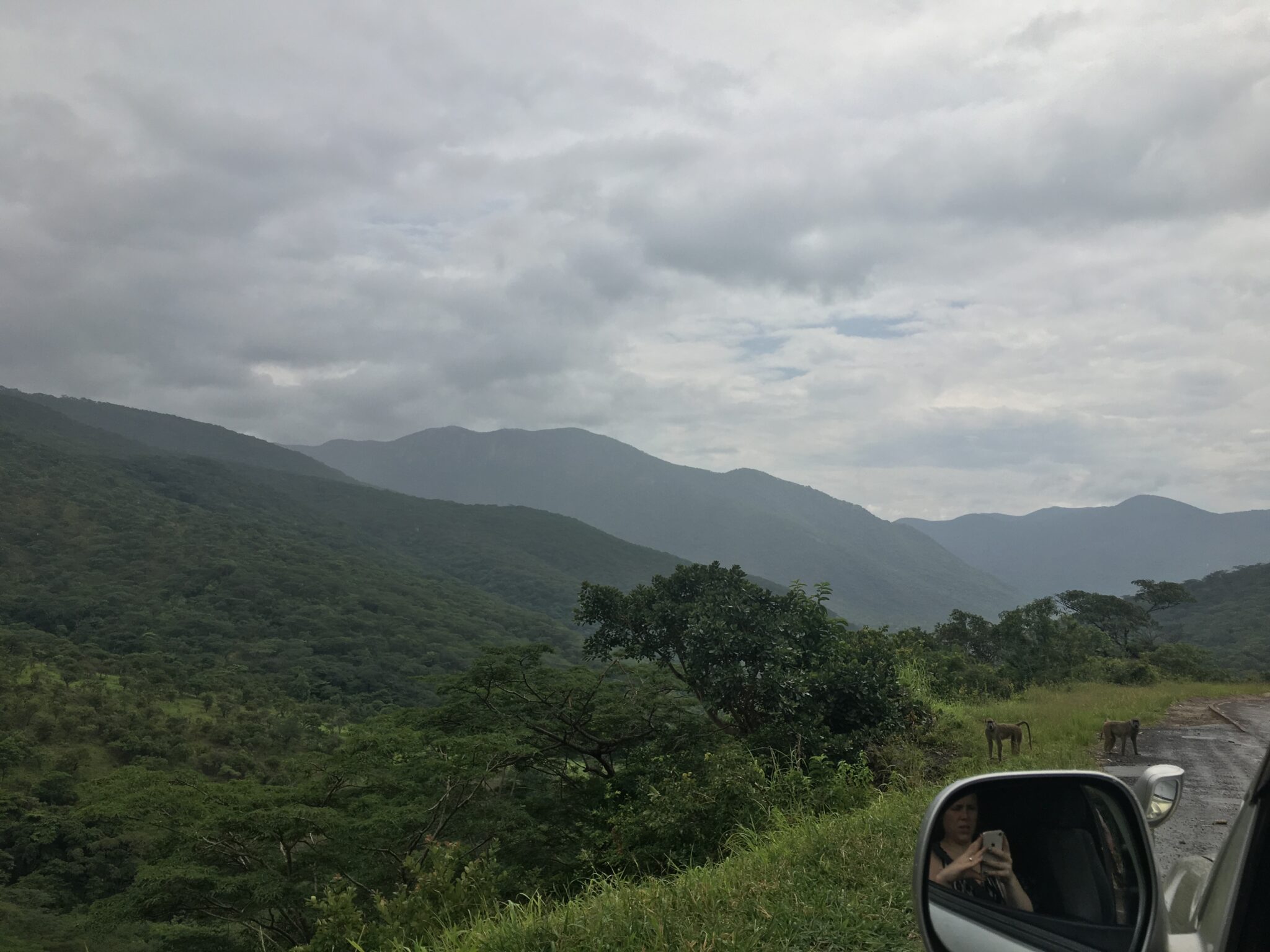
- Bird Watching Safari: Tanzania is a hotspot for ornithologists with over 1000 different bird species. If you are an avid bird watcher, we will put together a Bird Watching Safari that takes you to the best places to discover colorful and rare birds.
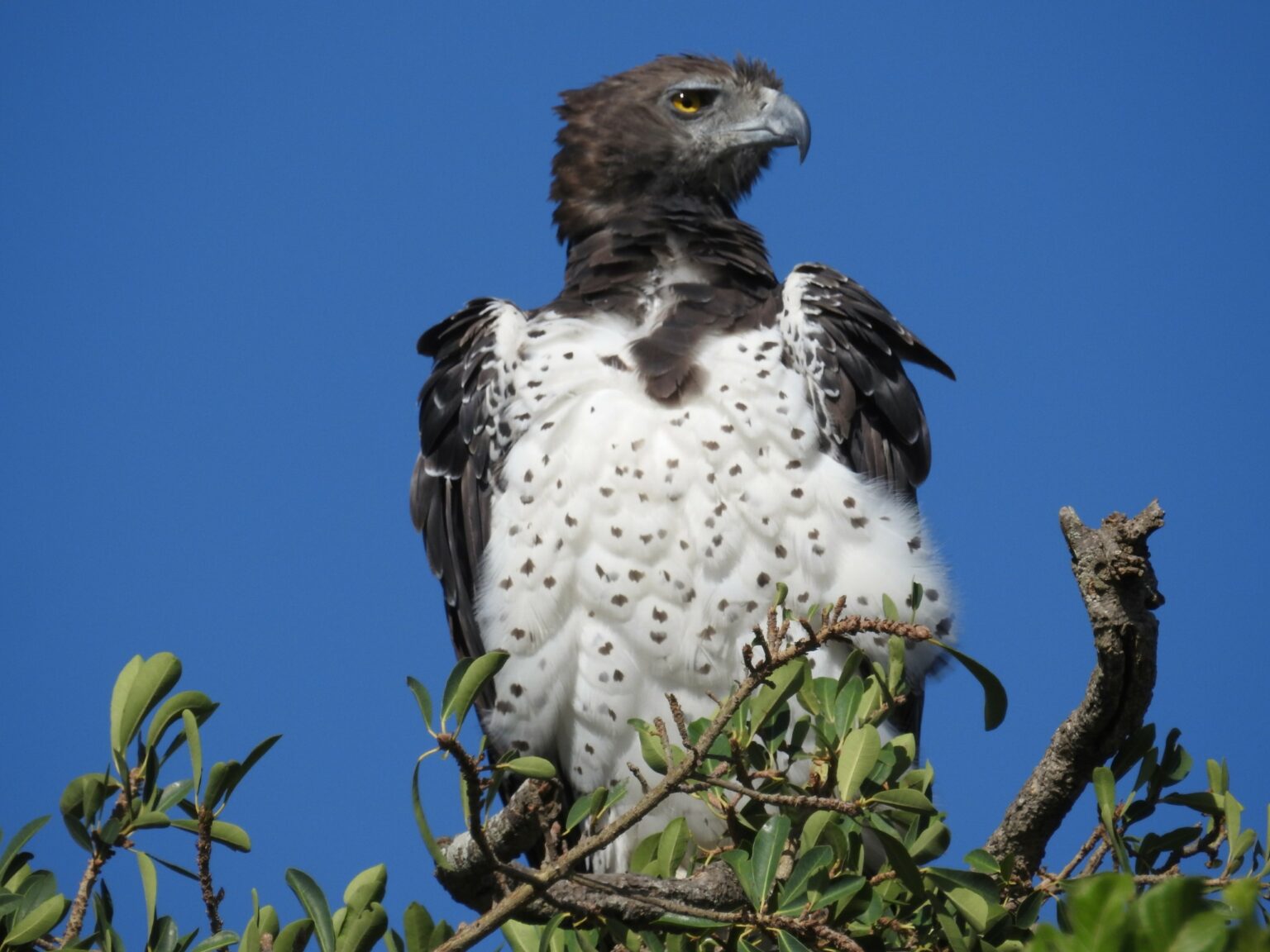
- Combination with Beach Holiday: Many of our guests want to round off the exciting safari experience with a few relaxing days on the beach. A combination with a beach holiday on Zanzibar, Pemba, or Mafia Island is ideal. For example, discover the historic Stone Town in Zanzibar or the underwater world in the Mafia Island Marine Paradise.
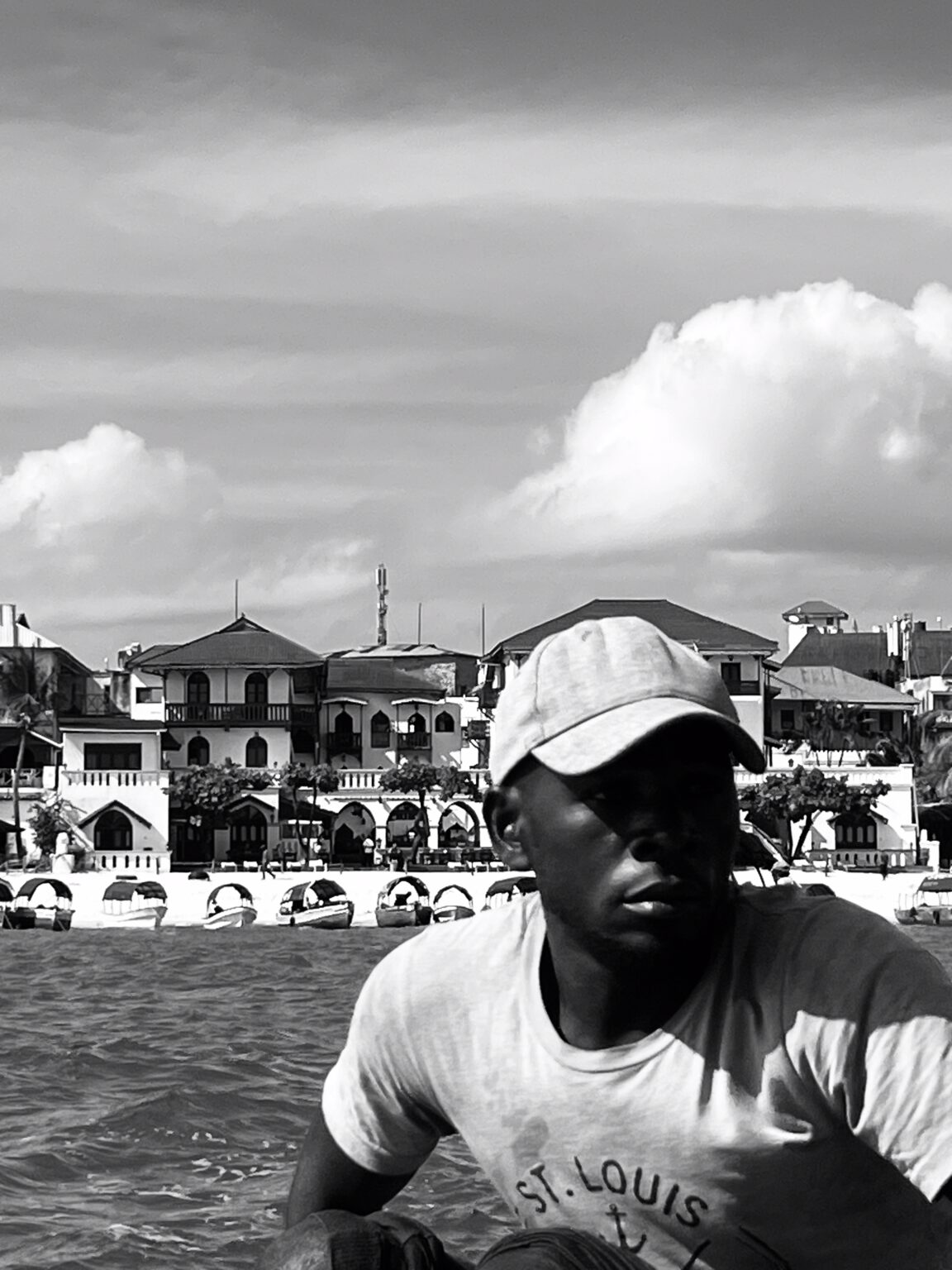
- Cultural & Historical Tours: Tanzania also has a lot to offer culturally and historically. On historical tours, you can learn more about the country's rich past, for example in Bagamoyo or the ruins of Kilwa Kisiwani. Or how about a city tour in Arusha or Dar es Salaam?
- Mountain Climbing: For the very active among you, Tanzania also offers challenges in Mountain Climbing with Kilimanjaro and Mount Meru. An ascent can often be well combined with a subsequent safari.
No matter what kind of safari you imagine, we can make it a reality. Often, it's a combination of different elements that makes a private safari so unique. Just talk to me about your ideas!
The Right Accommodation for Your Private Safari
The choice of suitable accommodation significantly contributes to the overall experience of your private safari. Whether you prefer the rustic charm of a tented camp under the stars or the luxurious comfort of a lodge with a panoramic view – in Tanzania, we are guaranteed to find the right thing for your taste and budget. The range extends from authentic bush camps to elegant hotels.
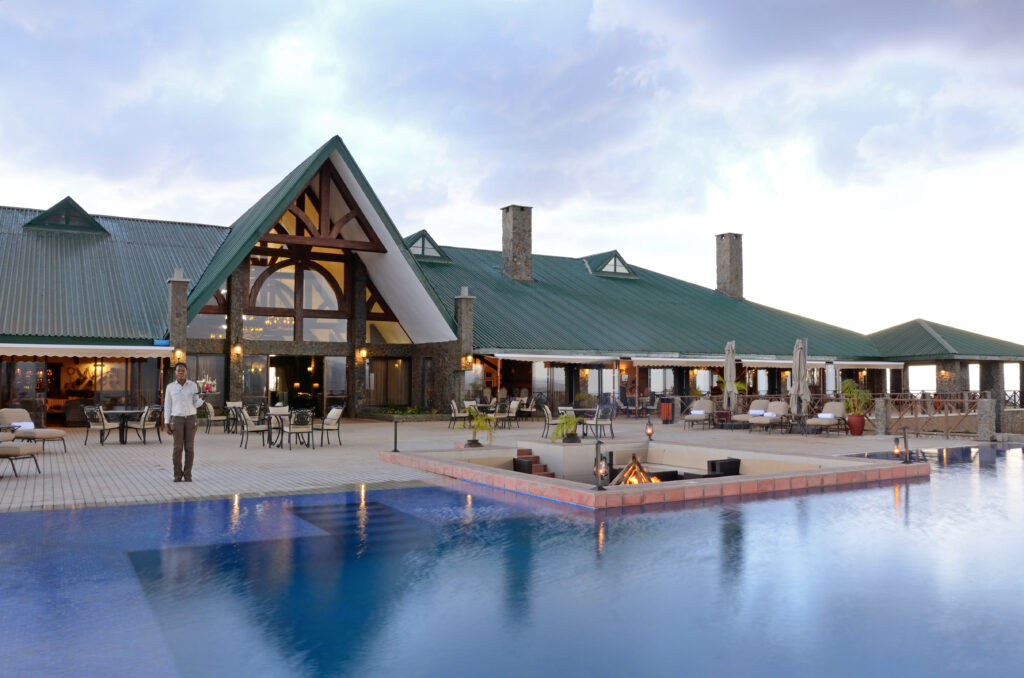
Variety of Options – Something for Every Taste:
- Luxurious Safari Lodges: These often offer spacious rooms or suites, excellent service, swimming pools, spa facilities, and gourmet restaurants. They are frequently located at spectacular viewpoints and offer maximum comfort. An example would be the Ngorongoro Oldeani Mountain Lodge or the Lake Manyara Kilimamoja Lodge.
- Authentic Tented Camps: Don't worry, this is far from basic camping! Many tented camps offer large, comfortable tents with real beds, en-suite bathrooms, and often a private veranda. They allow for a very close-to-nature experience without sacrificing comfort. The Asanja Moru Camp in the Serengeti or the Tarangire Kuro Treetops Lodge are wonderful examples.
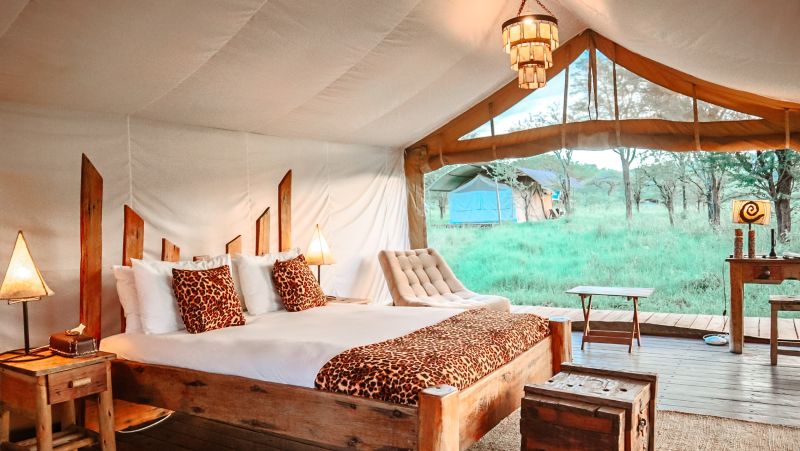
- Boutique Hotels & Farms: Especially near Arusha or in the highlands of Karatu, there are charming boutique hotels and historic farms like Gibb's Farm or the Rivertrees Country Inn, which offer a very personal atmosphere and often an insight into local life.
- Mobile Camps: For those who want to follow the Great Migration or explore particularly remote areas, mobile camps are ideal. These camps are set up seasonally in the best locations and offer an exclusive and intense bush experience.
- Beach Resorts and Hotels on Zanzibar & Mafia: For relaxation after the safari, islands like Zanzibar offer a wide range of accommodations, from luxurious resorts like the Baraza Resort & Spa Zanzibar to cozy boutique hotels like Anna of Zanzibar.
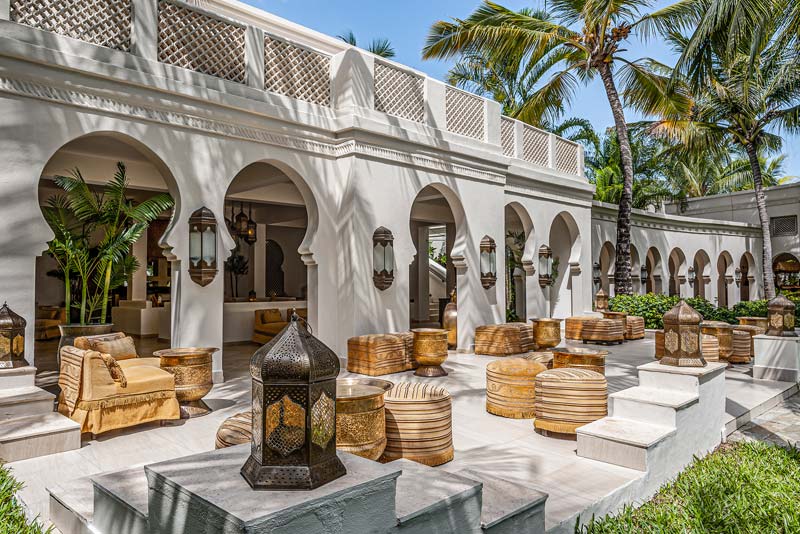
Selection Criteria for Your Accommodation:
When selecting accommodations for your private safari, we consider various factors:
- Location: Is the accommodation located within the national park (for shorter distances to wildlife viewing) or outside (often somewhat more budget-friendly)? Does it offer special views or proximity to certain highlights?
- Comfort & Style: What level of luxury and what kind of atmosphere do you desire? Rustic and authentic or modern and elegant?
- Sustainability: Many accommodations in Tanzania place great emphasis on ecological sustainability and supporting local communities. We are happy to consider this in our selection. The Africa Amini Maasai Lodge is a great example of community-based tourism.
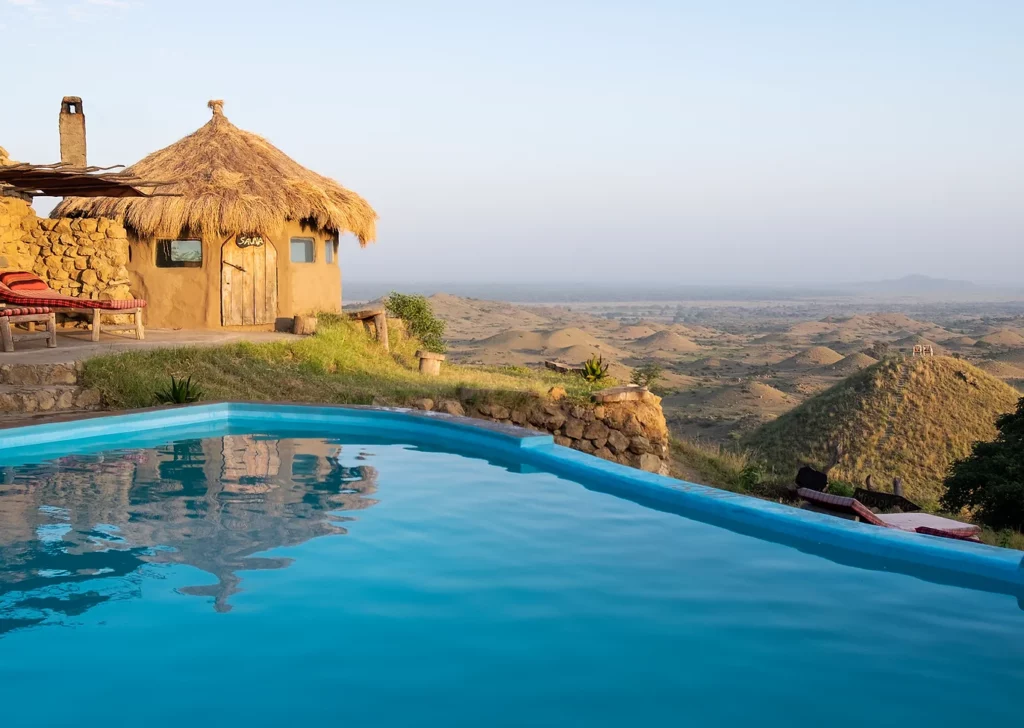
- Activities & Facilities: Does the accommodation offer additional activities such as guided bush walks, night game drives, or cultural visits? Is there a pool for refreshment?
- Budget: Of course, budget also plays a role. We find the best options that meet your financial expectations.
I know most of the lodges and camps personally and can tell you first-hand what to expect. Together, we will ensure that your accommodations perfectly match your dream safari and that you feel completely comfortable. You can find a good selection on our website under Accommodations.
Vehicles & Guides: Your Keys to a Successful Safari
When you're on a private safari in Tanzania, your vehicle and your guide are your constant companions and your most important partners for a successful adventure. At Eyes 4 Nature Safaris, we place the utmost importance on ensuring that both meet the highest standards.
Our Safari Vehicles: Safe, Comfortable, and Designed for Optimal Wildlife Viewing
A reliable and well-equipped vehicle is essential on safari. You will spend many hours in it exploring the national parks, often on unpaved roads. That's why we rely on robust 4x4 vehicles that have been specially converted for the demanding conditions in Tanzania. Learn more about our vehicle fleet.
- Pop-Up Roof: All our vehicles have a pop-up roof. This is invaluable! It allows you a 360-degree panoramic view and to photograph or film while standing, without being restricted by the vehicle body. This way, you won't miss any exciting moments.
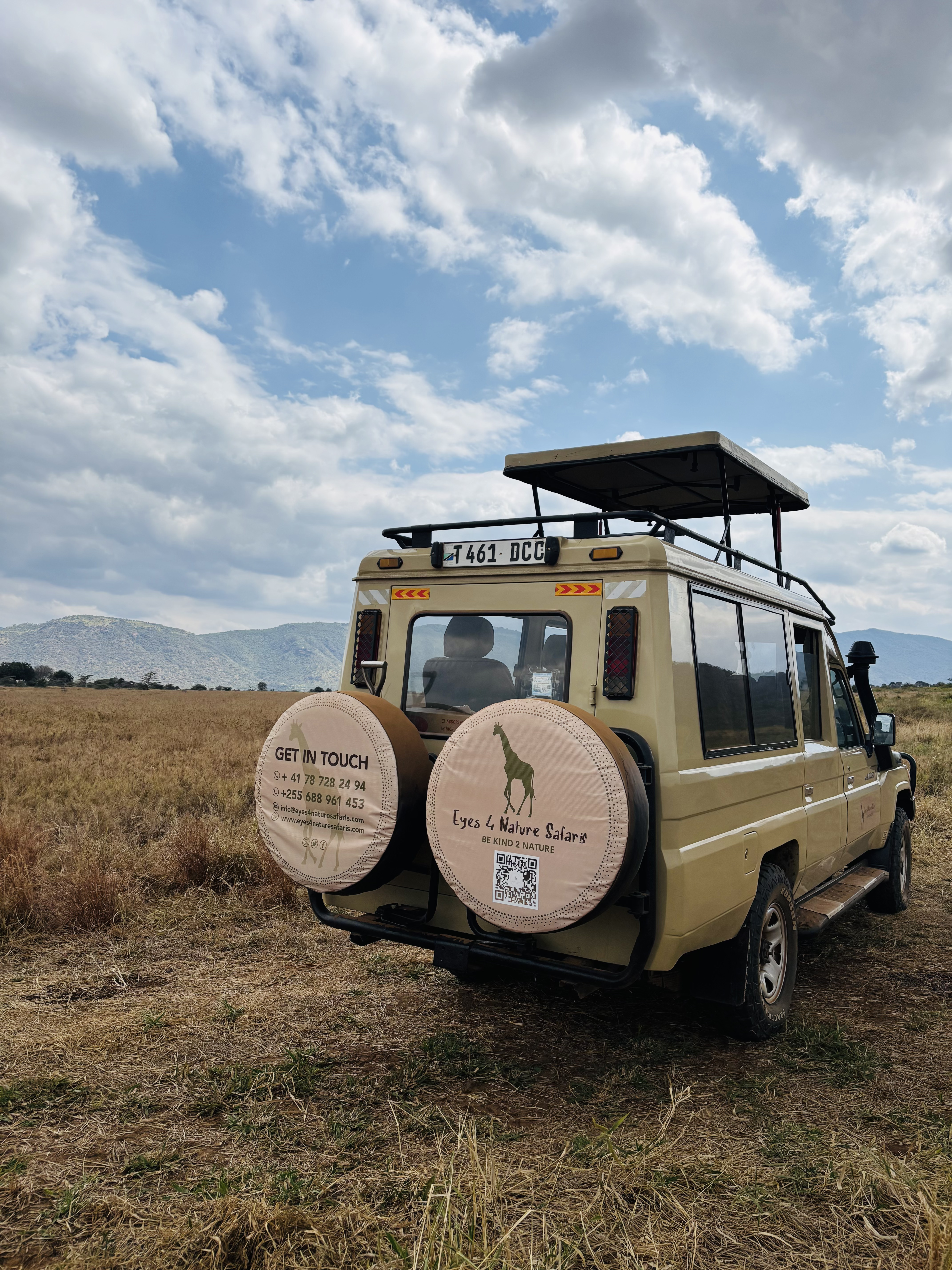
- Comfort & Safety: Comfortable seats, sufficient legroom, and large windows are a matter of course. The vehicles are regularly serviced to ensure the highest safety standards. We also always have radios on board for communication between vehicles or in an emergency.
- Equipment: In our vehicles, you will often find amenities such as a cool box for cold drinks, binoculars, and identification books for animals and birds. Upon request, we can also provide charging facilities for your cameras and smartphones.
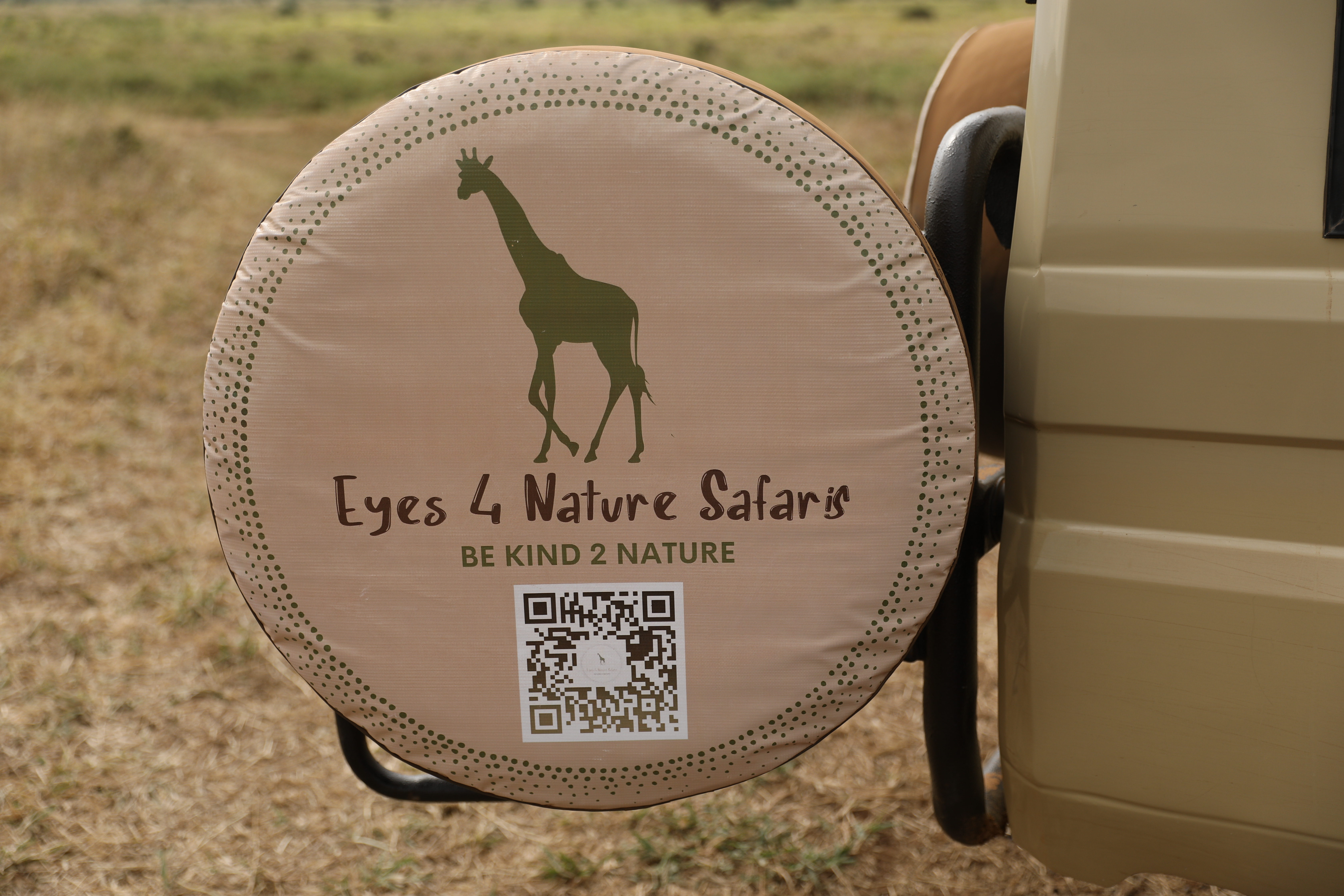
Your Private Guide: More Than Just a Driver – Your Expert, Storyteller, and Host
A good guide is the heart of every safari. He is not just your driver who safely takes you from A to B, but your personal key to the wilderness. He is your pair of eyes that spots even the most hidden animals, your walking encyclopedia that explains the fascinating connections of nature, and your storyteller who brings the safari to life with anecdotes and local insights.
On a private safari, you have the guide all to yourself. This means:
- Undivided Attention: Your questions are answered immediately, your interests are the focus.
- Flexibility: You want to stay longer with a particular group of animals or make a detour to a special viewpoint? Your guide will accommodate you.
- In-depth Knowledge: Our guides, like myself, Apollo Kwilabya, or my colleagues from the Team, have years of experience and thorough training. We know the best spots, the habits of the animals, and the secrets of the parks. I myself have spent over a decade in the parks – I'm happy to share this experience with you!

- Hospitality: Your guide is also your host in Tanzania. He ensures you feel comfortable, helps with small and large concerns, and gives you insights into our culture.
The combination of an excellent vehicle and a passionate, experienced guide makes your private safari a truly unforgettable experience. It is this personal touch that makes the difference and turns a simple trip into a profound encounter with the nature and culture of Tanzania.
Private Safari Tanzania Cost: What Influences the Price?
One of the most common questions I'm asked concerns the cost of a private safari in Tanzania. It's understandable that you want to get a feel for what to expect. A flat-rate answer is difficult, as every private safari is unique and costs depend on various factors. But I want to give you an overview here of which aspects significantly influence the price.
The Most Important Factors Determining the Price of Your Private Safari:
- Travel Duration: Clearly, the longer your safari lasts, the higher the total costs usually are. Each additional day means further overnight stays, park entrance fees, and costs for the vehicle and guide.
- Season: As we've already discussed, Tanzania has high and low seasons. During the high season (usually June to October and around Christmas/New Year), prices for accommodations and sometimes flights tend to be higher than in the low season (rainy seasons). A trip during the low season can therefore be more budget-friendly.
- Number of Travelers: On a private safari, your group shares the costs for the vehicle and guide. This means, the more people travel together (up to the maximum capacity of the vehicle to ensure comfort), the lower the price per person often becomes. For solo travelers or couples, the cost per person tends to be higher than for a small group.
- Accommodation Standard: Your choice of accommodations has a significant impact on the total price. Tanzania offers a huge range – from luxurious high-end lodges and exclusive tented camps to comfortable mid-range options and simpler, but clean, camps. Together, we will find the perfect balance between your wishes and your budget.
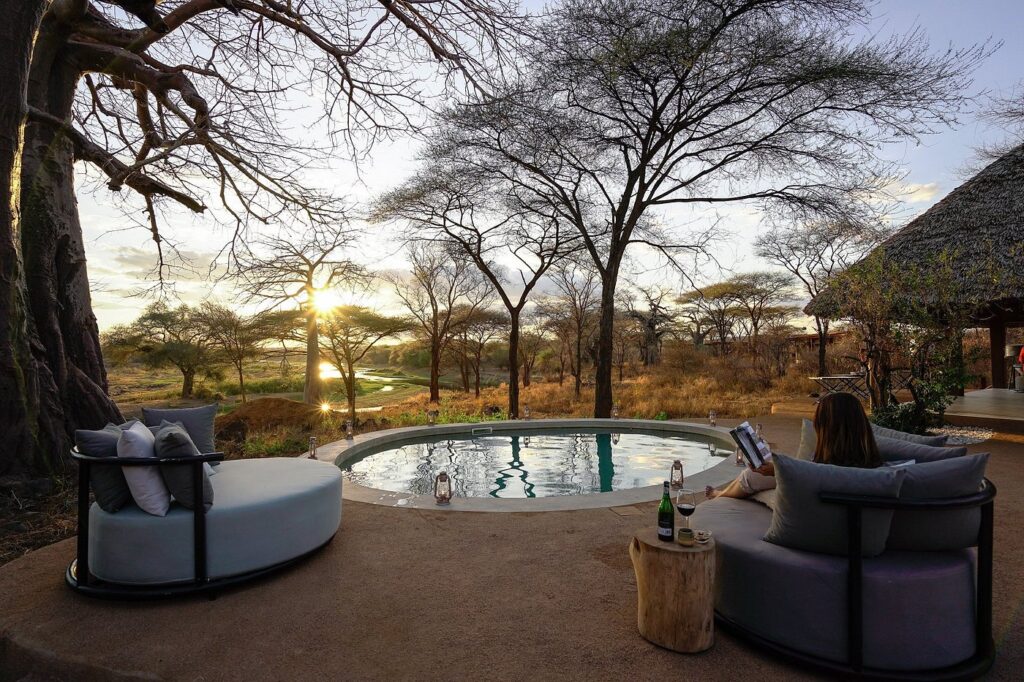
- National Park Fees: Daily fees are charged for entry into the national parks and protected areas. These vary from park to park and are a fixed component of safari costs. These fees directly contribute to the protection and preservation of these valuable ecosystems.
- Included Activities: Besides game drives, there are many optional activities that can enrich your safari, such as hot air balloon rides over the Serengeti, guided walking safaris, cultural village visits, or boat safaris. These are usually not included in the base price and are charged additionally.
- Transport (Domestic Flights): If your itinerary includes domestic flights, for example, to get from the Serengeti to Zanzibar or to reach remote parks like in western Tanzania, this also affects the cost.
- Type of Vehicle and Guide: Although at Eyes 4 Nature Safaris we always rely on high-quality vehicles and experienced guides, there can be slight differences here that are reflected in the price.
What is Typically Included in the Cost of a Private Safari?
- Accommodation as agreed in the itinerary
- All meals during the safari (often full board)
- Transport in a private 4x4 safari vehicle with a pop-up roof
- Services of a professional, English or German-speaking driver-guide
- All national park and concession fees
- Game drives according to the itinerary
- Drinking water in the vehicle during game drives
- Sometimes certain activities like designated walking safaris, depending on the package
What is Usually Not Included?
- International flights
- Visa fees
- Travel insurance
- Optional activities (e.g., hot air balloon ride, massages)
- Drinks at the lodges/camps (except often table water with meals)
- Tips for guides and lodge staff (see also Tanzania Safari Tipping)
- Personal expenses
Transparent Pricing and Individual Offers
At Eyes 4 Nature Safaris, it's important to me to provide you with a fair and transparent offer that is precisely tailored to your wishes and budget. After we have discussed your ideas, you will receive a detailed travel proposal from me with a clear cost breakdown. No hidden fees, no nasty surprises.
A private safari is an investment in unforgettable experiences. And I am here to ensure that you get the best possible value for your money and experience a journey that is worth every penny.
Important Preparations for Your Trip
Once the key details of your private safari in Tanzania are set – the route, accommodations, and dates – the phase of concrete travel preparation begins. Don't worry, I'm here to help you with advice and practical tips. Here are the most important points you should consider to ensure your adventure runs smoothly:
- Packing List: What Absolutely Must Go in Your Luggage?
The right luggage is crucial for your comfort on safari. Basically: less is often more, and practical, lightweight clothing in neutral colors (khaki, beige, olive green) is ideal. Think of sun protection, a hat, comfortable shoes, and a light jacket for cooler mornings and evenings. You can find a detailed recommendation in our Tanzania Safari Packing List. It's also important that luggage is packed in soft duffel bags rather than hard-shell suitcases, as these are easier to store in safari vehicles and small aircraft.
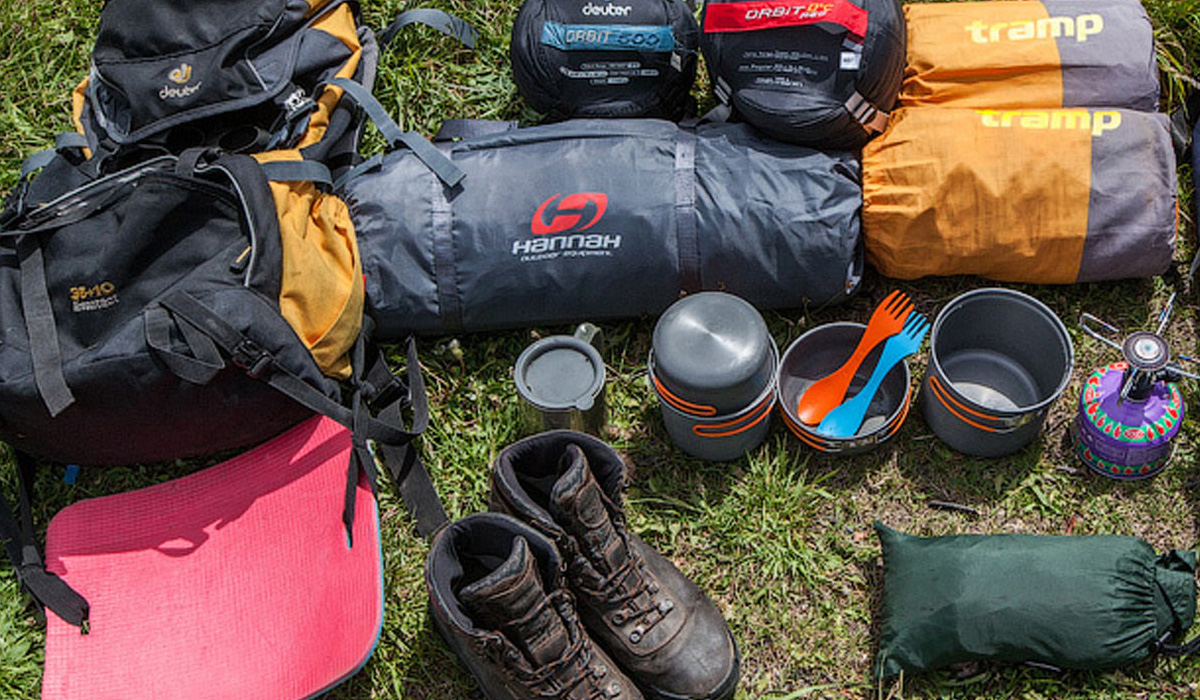
- Health & Vaccinations: Well-Advised into Your Holiday Your health is paramount. Please consult your doctor or a tropical medicine institute well in advance of your trip to get information about recommended vaccinations (e.g., yellow fever, hepatitis) and malaria prophylaxis. Recommendations can change, so up-to-date advice is essential. On our Tanzania Travel Health page, we have compiled some general information for you, but it does not replace a doctor's visit. Also, think about a small first-aid kit with personal medications.
- Safety Advice: Relaxed and Safe on the Go Tanzania is generally a safe travel destination, especially when you are on an organized private safari. However, as everywhere in the world, it is advisable to take basic safety precautions. Listen to your guide's instructions, especially when dealing with wildlife. Valuables should be kept safe or deposited in the hotel safe. We have summarized further advice under Tanzania Safety. With common sense and your guide's experience, you can enjoy your safari without worries.
- Visa & Entry Requirements for Tanzania
Most nationalities require a visa to enter Tanzania. This can usually be applied for online in advance or upon arrival at international airports (e.g., Kilimanjaro International Airport, Dar es Salaam). Please inform yourself in good time about the current Tanzania Visa and Entry Requirements at the Tanzanian embassy or consulate in your country, as these regulations can change. Your passport must be valid for at least six months upon entry.

- Internet & Connectivity on Safari Even though a safari is a wonderful opportunity to switch off, many still want to stay connected or share their experiences. Internet Connectivity in Tanzania has improved in recent years. Most lodges and camps offer Wi-Fi, often in the main areas, sometimes even in the rooms. However, the quality and speed can vary, especially in remote areas. Alternatively, you can buy a local SIM card with data volume on site. Your guide can assist you with this.
- Travel Insurance: Comprehensive travel insurance (international health insurance, travel cancellation insurance, luggage insurance) is essential and should definitely be taken out before the trip.
- Currency and Money: The official currency is the Tanzanian Shilling (TZS). However, US dollars are widely accepted, especially for tourist services and in lodges (look for new bills). Credit cards are usually accepted in larger hotels and lodges, but it's always good to have some cash on hand.
- Power Supply: The voltage is 230 volts. British three-pin sockets (Type G) are mostly used. A universal adapter is recommended.
Careful preparation takes away stress and lets you enjoy your private safari in Tanzania from the very first minute. If you have questions about any of these points, don't hesitate to contact me!
Your Typical Safari Day (with the Flexibility of a Private Tour)
What does a day on safari actually look like? Well, every day is a new adventure and often different from the last. But there is a certain rhythm that has proven effective for enabling the best wildlife sightings while also giving you enough time to relax. And most importantly: on your private safari, you largely determine this rhythm!
The Early Bird Catches the Worm (or Sees the Lion): The Morning Game Drive
- Often the day starts early, even before sunrise. After a quick coffee or tea and perhaps a few biscuits, we set off for the first game drive. The morning hours are magical in the savanna. The light is soft and golden – perfect for photography. Many animals, especially big cats, are most active now, before the heat of the day sets in. I remember so many breathtaking sunrises where we were the first to discover fresh tracks in the dew.
- Flexibility: Want to sleep in? No problem. Want to spend the whole morning out because an exciting scene is unfolding? Let's do it!
Breakfast and Relaxation at Midday
- After the morning game drive, we usually return to the lodge or camp around 9 or 10 a.m., where a hearty breakfast or brunch awaits you.
- The midday hours are often the hottest time of the day. The animals seek shade and rest – and that's also a good idea for us. You can relax by the pool at your accommodation, read a book, sort your photos, or simply take a nap.
- Flexibility: Sometimes it's also appealing to take a picnic breakfast or lunch into the bush to not lose time wildlife viewing, especially if we are in a very animal-rich area like the Serengeti.
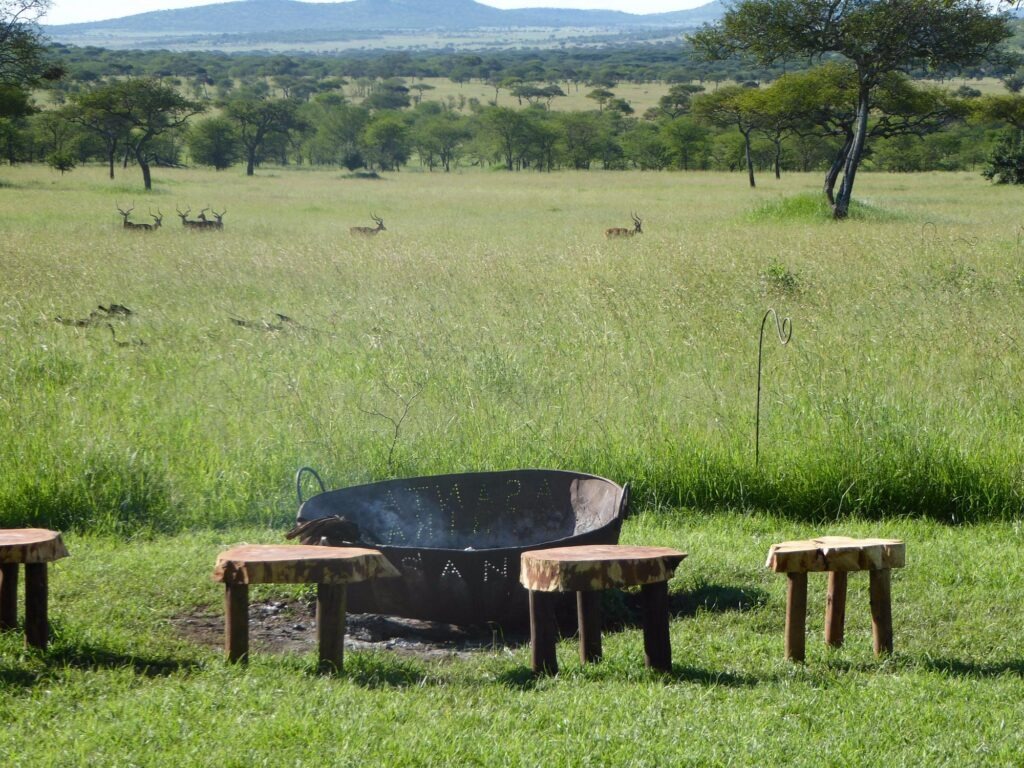
Round Two: The Afternoon and Evening Game Drive
- After a restful lunch break and perhaps a coffee or tea, we start the second game drive of the day in the late afternoon. As temperatures become more pleasant, the animals also become more active.
- The late afternoon light is beautiful again, bathing the landscape in warm colors. We look for animals we might not have seen in the morning or visit known waterholes.
- Flexibility: Perhaps you want to visit a certain place again or focus on a specific animal species? Just let me know!
The Sundowner: A Classic Safari Ritual
- One of my favorite parts of the day! When the sun slowly sinks below the horizon, painting the sky in spectacular colors, we look for a nice spot with a view. There, we enjoy the sunset with a cool drink and small snacks – the famous "sundowner." This is pure safari romance and a perfect moment to reflect on the day's experiences.
Dinner and Winding Down by the Campfire
- After dark, we return to the lodge or camp. A delicious dinner awaits you, often outdoors or in a cozy restaurant area.
- Many camps also have a fireplace where you can end the evening, listen to the sounds of the African night, and perhaps watch the stars. These are the moments when you feel completely close to nature. Tanzania's hidden stars like owls or nightjars might make themselves known now.
This "typical" day is just a framework. The beauty of your private safari is that we can adapt it to your wishes at any time. Do you want to spend a whole day in the bush with picnic meals? Or prefer shorter game drives and more time at the lodge? You decide, and as your guide, I will help you get the most out of every day. The rhythm of nature often sets the pace, but your interests are always paramount.
Photography on Your Private Safari: Tips from a Pro
Tanzania is a true paradise for photographers, whether you're snapping with your smartphone or carrying a professional DSLR camera. The dramatic landscapes, the incredible light, and of course, the diverse wildlife offer endless opportunities for spectacular shots. On a private safari, we have the great advantage of being able to take our time for photography and often create ideal conditions. If you want to improve your photography skills on safari, also check out our special pages Tanzania Safari Photography and general Tanzania Photography Tips.

Here are some of my personal tips, gathered over the years, to take your safari photos to the next level:
- Use the Right Light – The Golden Hours: The best times for photography are the early morning hours and late afternoon, the so-called "golden hours." The light is then soft, warm, and creates beautiful shadows and contrasts. You should rather avoid the harsh midday sun, as it creates hard shadows and washed-out colors. On a private safari, we can time our game drives precisely for these hours.
- Patience is Key: Good wildlife photography requires patience. Sometimes you have to wait for an animal to come out of the bush, lift its head, or strike an interesting pose. Since we're not tied to a rigid schedule on a private tour, we can take this time.
- Eye Level with the Animals: Whenever possible, try to photograph at eye level with your subject. This creates a much more intense connection and more appealing portraits. Our safari vehicle with a pop-up roof already offers good opportunities here. Sometimes, however, it also means sitting down or squatting (only in safe places and after consulting with me, of course).
- The Right Equipment (Doesn't Have to Be Expensive):
- Telephoto Lens: For wildlife photography, a telephoto lens (e.g., 200-500mm or similar) is highly recommended to be able to capture animals filling the frame even from a distance.
- Wide-Angle Lens: Don't forget the breathtaking landscapes! A wide-angle lens is ideal for capturing the vastness of the Serengeti or the majestic baobabs in Tarangire.
- Dust Protection: The savanna can be dusty. Protect your camera and lenses well, e.g., with a camera bag and lens caps. A blower brush for cleaning is also useful.
- Batteries & Memory Cards: Bring enough spare batteries and memory cards. There's nothing more annoying than running out of power or storage space at the crucial moment. Charging facilities are available in most lodges and often in the vehicle.
- Beanbag or Tripod: A beanbag (which you can often fill locally) is a great support for your lens on the vehicle roof or window ledge to avoid camera shake. A lightweight travel tripod can be useful for landscape shots or in low light.
- Composition is Everything: Pay attention to appealing image composition. Use the rule of thirds, leading lines, or try to place your subject interestingly in the frame. Tell a story with your photos. Don't just show the animal, but also its surroundings.
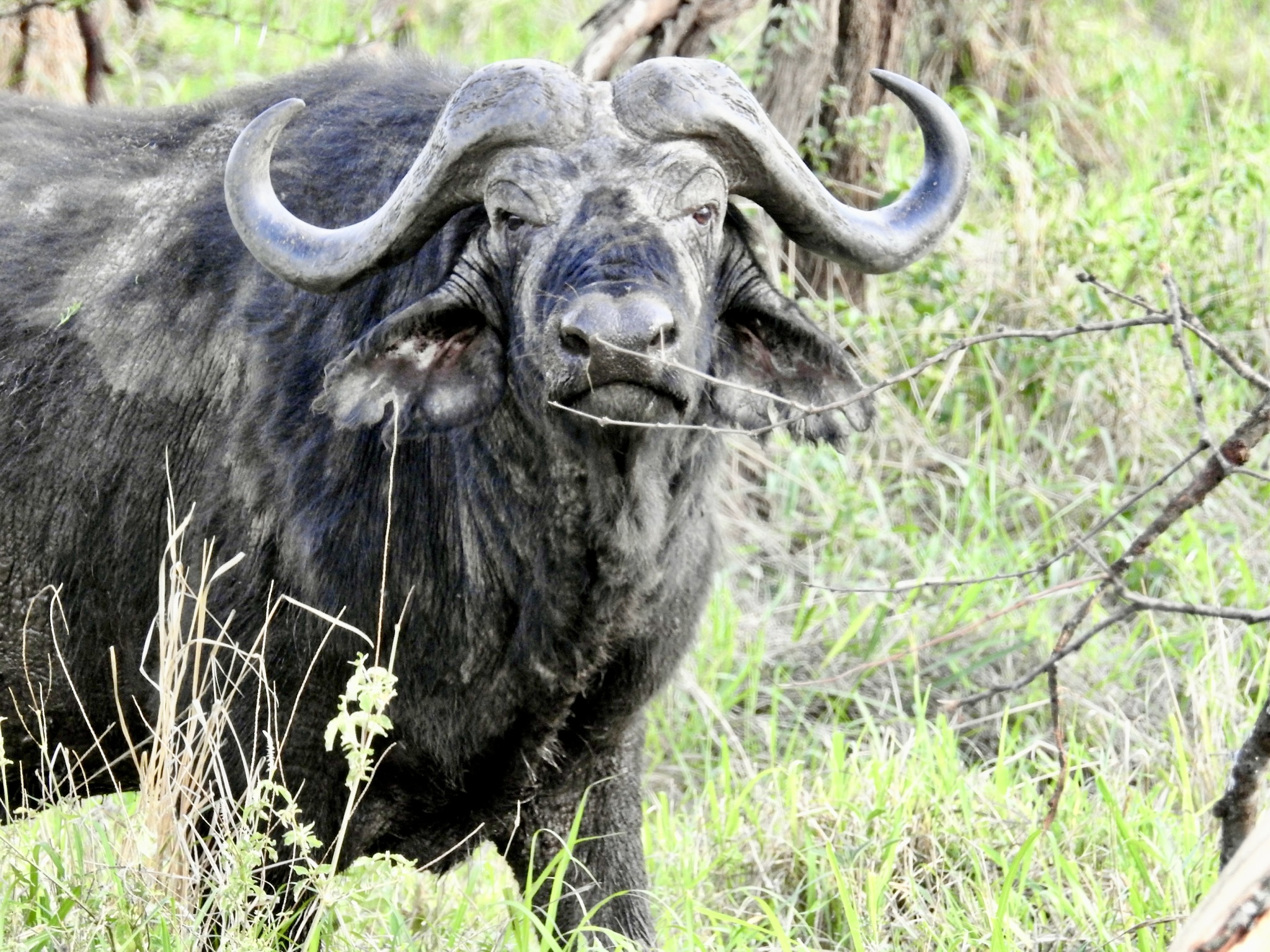
- Don't Forget the Details: Besides the big animals, there are many exciting details to discover: the texture of elephant skin, the colorful feathers of a bird, interesting plants, or insects.
- Respect for Nature: Always photograph animals with respect and do not disturb them. Do not use flash with wildlife, as this can scare or irritate them. Your guide will always tell you how to behave.
- Ask Your Guide: My colleagues and I are not only experts on animals but also know the best photo spots and can often give you valuable tips. Don't hesitate to ask us for advice! We can position the vehicle so that you have the best light and angle.
Cultural Encounters: Immersing Yourself in Tanzanian Life
Tanzania is a melting pot of cultures, with over 120 different ethnic groups living together peacefully. This diversity is reflected in the traditions, languages, dances, and lifestyles of the people. A private safari offers you the chance to get to know not only the natural wonders but also the cultural heart of Tanzania – always with respect and at eye level.
Authentic Insights Instead of Tourist Shows:
It's particularly important to me that cultural encounters are authentic and allow for genuine exchange. It's not about putting on a show for tourists, but about opening a window into another way of life and learning from each other.
- Visits to Local Communities: One of Tanzania's best-known cultures is the Maasai, with their distinctive red clothing and traditional lifestyles. Upon request, we can visit a Maasai village. There you will have the opportunity to learn more about their customs, daily life, and close connection to nature. Sometimes there is an opportunity to visit a school or a local project supported by the community. Such visits are often very moving and broaden one's horizons. We ensure that these visits genuinely benefit the communities.
- Market Visits: Local markets are a feast for the senses! Life pulsates here. You can discover colorful fabrics, exotic fruits and spices, artistic handicrafts, and much more. A market visit is a great opportunity to strike up a conversation with the locals (even if it's just with hands and feet) and observe the bustling activity. There are opportunities for this in cities like Arusha or in smaller towns along our route.
- Learn a Few Words of Swahili: The official language in Tanzania is Swahili (Kiswahili), a beautiful and melodic language. Even though many people in tourist areas speak English, a few words of Swahili often open doors and hearts. A friendly "Jambo!" (Hello!) or "Asante sana!" (Thank you very much!) will always be met with a smile. On our site, you'll find a few useful Swahili phrases for your trip. I'll be happy to teach you more during our time together!
- Insights into Daily Life: Sometimes it's the small observations along the way that leave a deep impression: children laughing on their way to school, women artfully balancing water pots on their heads, or men chatting under a shady tree. These everyday scenes tell a lot about life in Tanzania.
- Cultural Sites and Historical Places: Tanzania also has a rich history. Visit places like Bagamoyo on the coast, once an important trading post, or the ancient ruins of Kilwa Kisiwani to learn more about Swahili culture and the trade history of East Africa. Also, Stone Town in Zanzibar is a UNESCO World Heritage site and a fascinating place to delve into history.
Culinary Delights on Safari
A safari in Tanzania is not just a feast for the eyes, but often for the palate too! Many of our guests are pleasantly surprised by the quality and variety of food served even in the most remote camps and lodges. Fresh ingredients, often from local gardens, and a mix of international and Tanzanian influences ensure varied meals.
From Bush Breakfast to Elegant Dinner Under the Stars:
- Starting the Day – Breakfast with a View: The day often begins with a light snack before the first game drive. The actual breakfast is then served either at your accommodation – with fresh fruit, muesli, eggs cooked to order, bread, cold cuts, and of course, good coffee or tea. Sometimes, as a special highlight, we organize a bush breakfast in the middle of the savanna. Imagine enjoying your scrambled eggs while a herd of zebras passes by in the distance – unforgettable!
- Lunch – Light and Refreshing: Lunch is often lighter, fitting for midday. It can be served as a buffet in the lodge, as a set menu, or as a picnic in the bush if we are out for the whole day. Fresh salads, light main courses, and delicious desserts are often on the menu.
- Sundowner Snacks – Little Treats at Sunset: With our traditional sundowner drink in the evening, we usually also serve small snacks. These can be nuts, crisps, samosas, or other savory nibbles that go perfectly with a gin and tonic or a cool beer as the sun sinks below the horizon.
- Dinner – The Crowning Glory of the Day: Dinner is often the main meal and is usually served as a three-course menu or a rich buffet. The chefs in the lodges and camps often conjure up true works of art on the plate. From grilled meat and fish to vegetarian specialties and tempting desserts, there is something for every taste. Sometimes dinner is also served as a "Boma dinner" by an open fire under the starry sky, often accompanied by traditional songs and dances – a very special atmosphere. The cuisine at Gibb's Farm, for example, is known for its fresh "farm-to-table" ingredients.
- Tanzanian Specialties: Take the opportunity to try some local dishes when they are offered. Ugali (a firm cornmeal porridge), Nyama Choma (grilled meat), various stews with vegetables and legumes, or Chapati (flatbread) are typical of Tanzanian cuisine. The spices of Zanzibar often also influence coastal cuisine and can offer an exciting taste experience if you extend your trip there and perhaps visit the famous The Rock Restaurant (although that's more of a special excursion).
Consideration of Dietary Needs:
On a private safari, we can cater particularly well to individual dietary needs and wishes. Whether vegetarian, vegan, gluten-free, or other allergies – please simply inform us of your requirements in advance. The chefs in the accommodations are usually very flexible and strive to prepare delicious alternatives for you.
Food on safari is more than just sustenance. It is part of the overall experience, a moment of enjoyment and community. Let yourself be surprised at how well one can dine in the middle of the Tanzanian wilderness!
After Your Safari: Memories and Next Adventures
Even the most beautiful private safari in Tanzania eventually comes to an end. But the unforgettable experiences, the impressive images in your mind (and on your camera), and the feeling of having experienced a piece of African wilderness up close, remain. And perhaps you'd like to take a little piece of Tanzania home with you as a tangible memory or to bring joy to your loved ones.
Souvenirs & Mementos: A Piece of Tanzania for Home
The selection of souvenirs in Tanzania is large and varied. From artistic handicrafts and colorful fabrics to fragrant spices – there are many beautiful things that will remind you of your journey. When buying souvenirs, you often also directly support local artisans and communities. You can find more inspiration on our page Buying Tanzania Souvenirs.
Here are some popular souvenirs:
- Wood Carvings: Tanzania is known for its artistic wood carvings. The Makonde carvers, for example, are famous for their detailed figures and masks. When buying, pay attention to quality and ask about the origin of the wood to support sustainable practices.
- Tinga Tinga Paintings: This colorful, naive style of painting is typically Tanzanian. The pictures often depict animals, scenes from village life, or imaginative motifs and are a cheerful eye-catcher for any home.
- Jewelry: Handmade jewelry from beads, seeds, metal, or precious stones like Tanzanite (which is only found in Tanzania!) is a popular souvenir. Maasai jewelry, with its vibrant colors, is particularly well-known.
- Fabrics and Clothing: Colorful Kangas and Kitenges (traditional wrap-around cloths), embroidered caps, or tailor-made clothing from African fabrics are not only beautiful mementos but also practical.
- Coffee and Tea: Tanzania produces excellent coffee and tea, especially from the highland regions. A packet of freshly roasted beans or aromatic tea is a lovely and enjoyable souvenir.
- Spices: If you visit Zanzibar, you should definitely take home the island's famous spices – cloves, cinnamon, cardamom, vanilla, and much more. They bring the scent of Africa into your home kitchen.
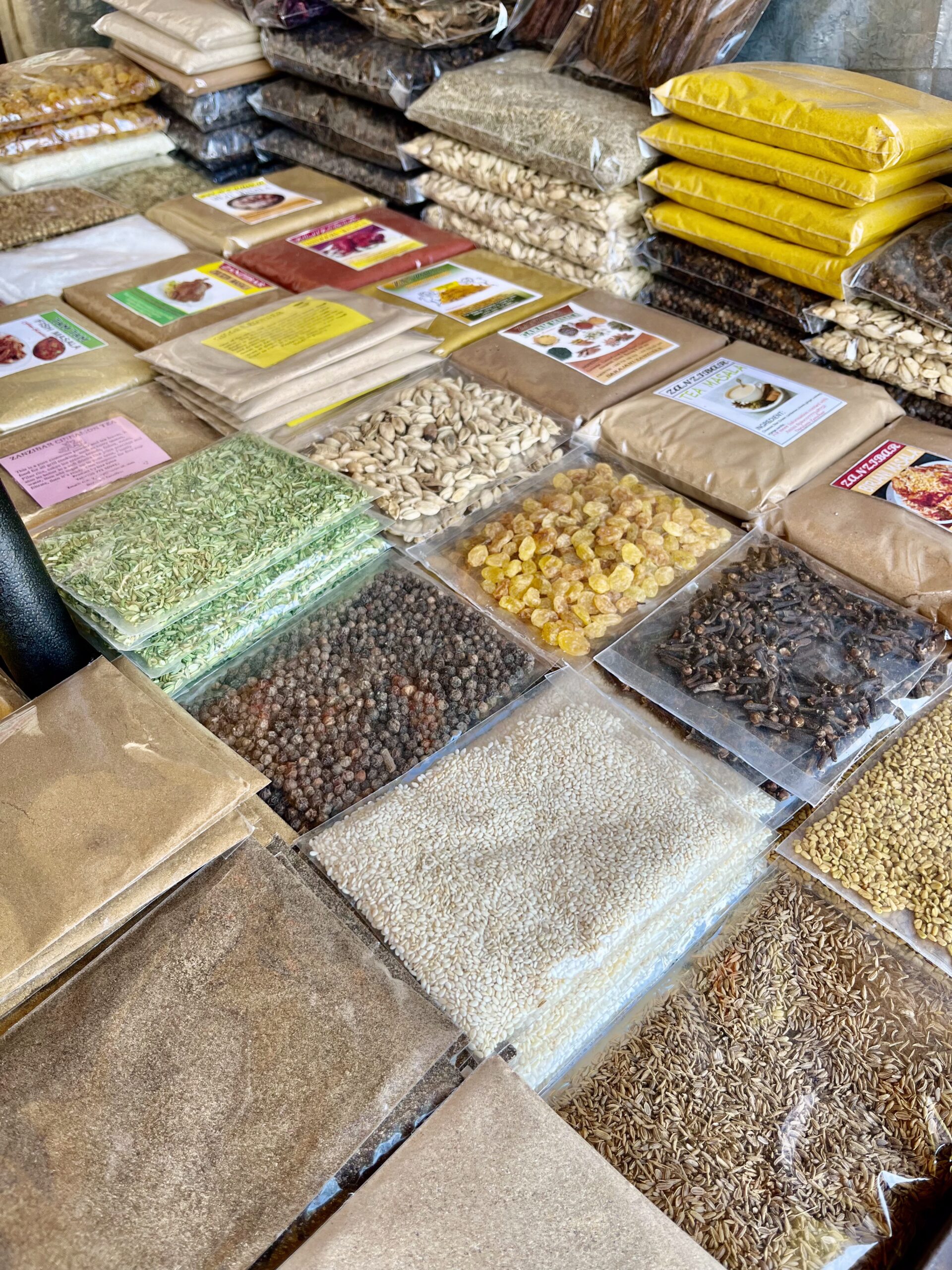
- Basketry and Ceramics: Hand-woven baskets in all sizes and shapes or handmade ceramics are also beautiful and useful souvenirs.
Tips for Buying Souvenirs:
- Haggling is common: In markets and with street vendors, it is customary to haggle over the price. Always remain friendly and respectful. In established shops or the souvenir shops of lodges, prices are usually fixed.
- Check quality: Look at the goods carefully before you buy.
- Sustainability: Ask about the origin of the materials and, where possible, support local artisans and fair trade practices.
- Caution with antiques or animal products: The export of antiques and certain animal products (like ivory or coral) is strictly prohibited or heavily regulated. Do not buy such items to protect yourself and the wildlife.
A beautiful souvenir can be a wonderful reminder of your private safari in Tanzania. Choose wisely what you really like and what reminds you of the special moments of your trip.
Tipping: A Gesture of Appreciation
After an unforgettable private safari in Tanzania, where you were looked after by dedicated people, the question of tipping often arises. Tipping is common in the Tanzanian tourism industry and an important additional source of income for many employees. It is a way to express your satisfaction with the service and to appreciate the hard work of those who made your safari experience so special. You can also find more information on this on our page about Tanzania Safari Tipping.
Why Tip?
Wages in the tourism sector are often not very high, and tips represent a significant part of the income for guides, drivers, lodge staff, and other service providers. It is a direct recognition of their efforts to provide you with a wonderful time.
Is Tipping Mandatory?
No, tipping is generally voluntary. It should always be a reward for good and satisfactory service. If you were not satisfied with a service, you should not feel pressured to give a tip. However, it is a widespread and appreciated custom.
Who Do You Tip and How Much?
- Your Private Safari Guide/Driver: Your guide is probably the person you spend the most time with and who significantly contributes to the success of your safari. A tip for him at the end of the safari is customary.
- Guideline: Amounts between 10-20 US dollars per guest per day are often recommended. On a private safari, where the group is smaller, this amount can also be set slightly higher per group per day to honor the individual attention.
- Lodge/Camp Staff: In the accommodations, there is usually a "Tip Box" at the reception. The tips collected here are generally divided among all staff, including those you may not see directly (chefs, housekeepers, gardeners, security staff). This is a fair method to ensure that everyone who contributed to your pleasant stay is considered.
- Guideline: About 5-15 US dollars per guest per night is a common guideline that you can put into the communal box.
- Other Service Providers: For porters at the airport or in the lodges, small amounts (e.g., 1-2 US dollars per piece of luggage) are appropriate. For optional activities such as guided walks or village visits, you can also give a small tip to the respective local guide.
How to Give the Tip?
- For Your Guide: The tip for your safari guide is best given to him personally at the end of your time together, perhaps in an envelope. It is nice to accompany this with a few words of appreciation.
- For Lodge Staff: Use the Tip Box, which is usually discreetly placed.
- Currency: US dollars or Euros are gladly accepted as tips. Tanzanian Shillings are, of course, also possible.
Important Notes:
- The amounts mentioned are only guidelines and can vary depending on satisfaction, budget, and length of stay.
- It is advisable to have small bills ready for tipping.
- Some tour operators also provide their own recommendations for tipping.
Tipping is a personal matter. Give what you feel comfortable with and what reflects your appreciation for the service received. The people who accompany and look after you on your safari are happy about this recognition of their work, which often takes place under demanding conditions in the bush.
Combination Options and Extensions for Your Trip
Your private safari in Tanzania's national parks was undoubtedly a highlight. But why not continue the adventure or end it with relaxing days? Tanzania offers a wealth of opportunities to enrich your journey and get to know even more facets of this fascinating country. I'm happy to help you find the perfect complement to your safari.
Relaxation on the Dream Beaches of Zanzibar or Mafia Island
After the exciting days in the bush, many long for relaxation by the sea. And what could be better suited for this than the powder-sugar white beaches and turquoise waters of the Indian Ocean?
Zanzibar: The famous spice island is the most popular destination for a beach extension. Here, not only dream beaches and excellent hotels and resorts (e.g., the Baraza Resort & Spa Zanzibar or Anna of Zanzibar) await you, but also the historic Stone Town, a UNESCO World Heritage site with its winding alleys and rich history. You can dive, snorkel, visit spice farms, or simply unwind. Check out our options for a Beach Holiday.
 Mafia Island: If you prefer it a bit quieter and more secluded, Mafia Island is a real insider tip. It is known for its marine park, which is a paradise for divers and snorkelers. Here you can swim with whale sharks (seasonal) and enjoy the untouched nature.
Mafia Island: If you prefer it a bit quieter and more secluded, Mafia Island is a real insider tip. It is known for its marine park, which is a paradise for divers and snorkelers. Here you can swim with whale sharks (seasonal) and enjoy the untouched nature.
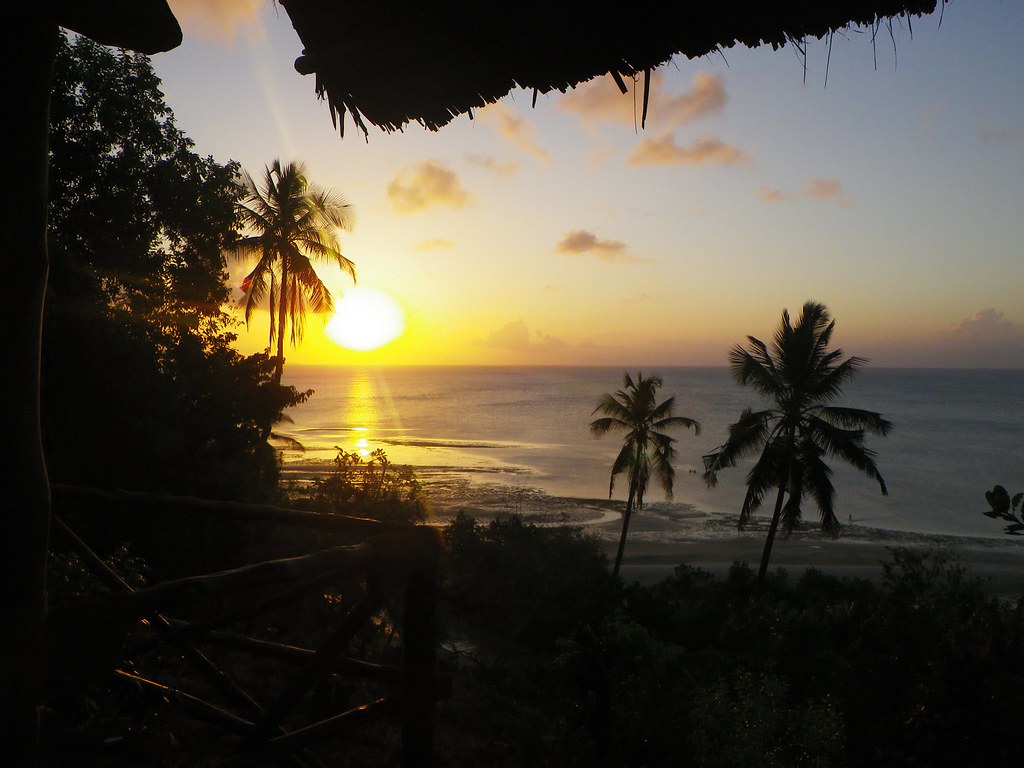
Climbing Kilimanjaro or Mount Meru – The Challenge for Active People
For adventure seekers and mountain enthusiasts, Tanzania offers two impressive peaks:
- Kilimanjaro: "Kili," Africa's highest mountain and one of the "Seven Summits," is an iconic challenge. An ascent requires good fitness and preparation but rewards with an unforgettable experience and breathtaking views. We also offer tours that combine a Kilimanjaro Safari with Wildlife and Mountain View.
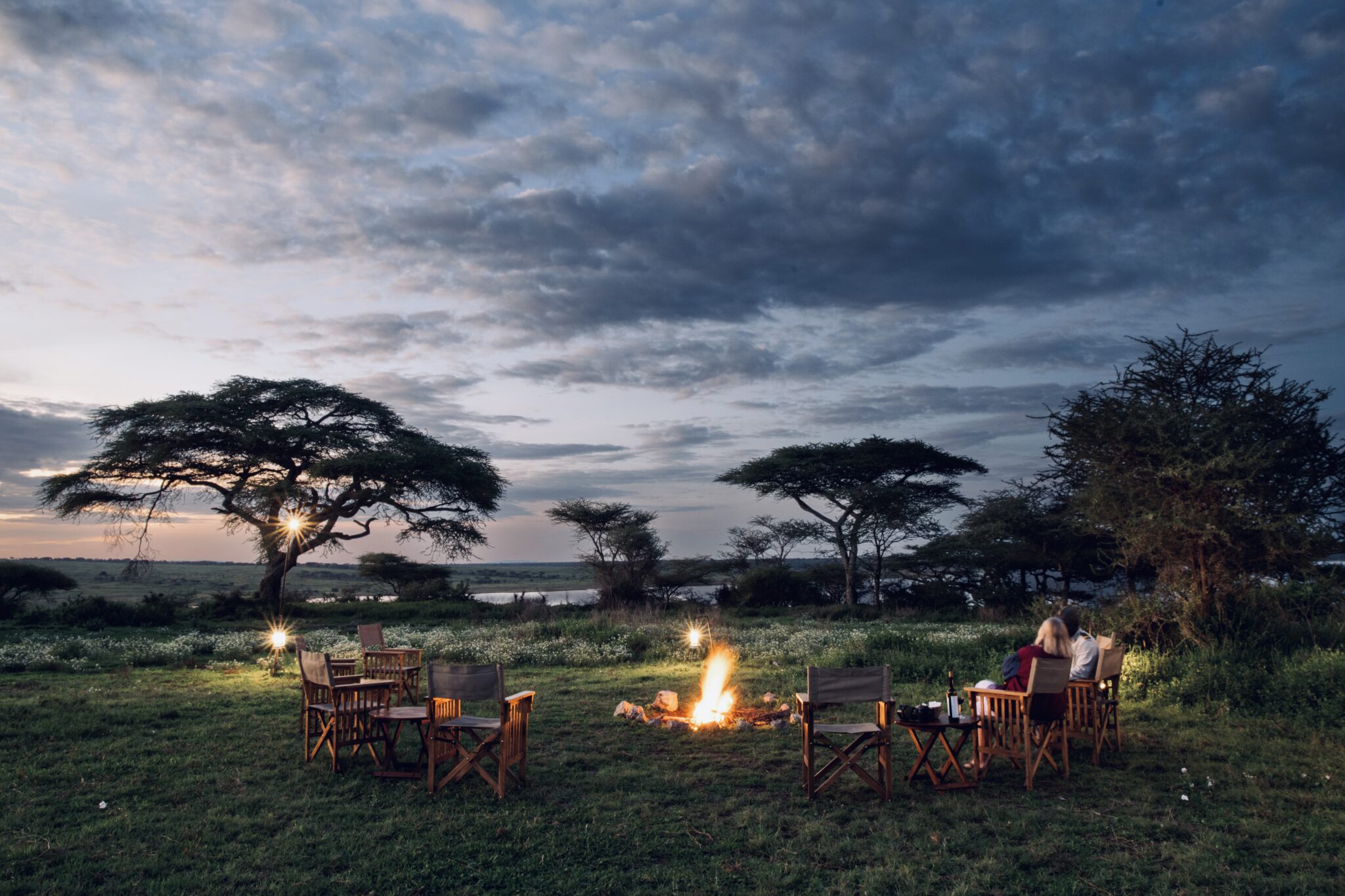
- Mount Meru: Kilimanjaro's smaller brother is a great alternative or acclimatization tour. Mount Meru is technically more demanding and also offers fantastic nature experiences. Find out about our Mountain Climbing options.
Cultural and Historical Explorations – Delving into History
If you want to delve deeper into the history and culture of Tanzania, there are fascinating places to discover:
- Bagamoyo: This historic coastal town was once an important hub of the caravan trade and slave routes. A visit to Bagamoyo is a journey into the past.

- Kilwa Kisiwani: The ruins of Kilwa Kisiwani in southern Tanzania are another UNESCO World Heritage site and testify to the once-flourishing Swahili trading city.
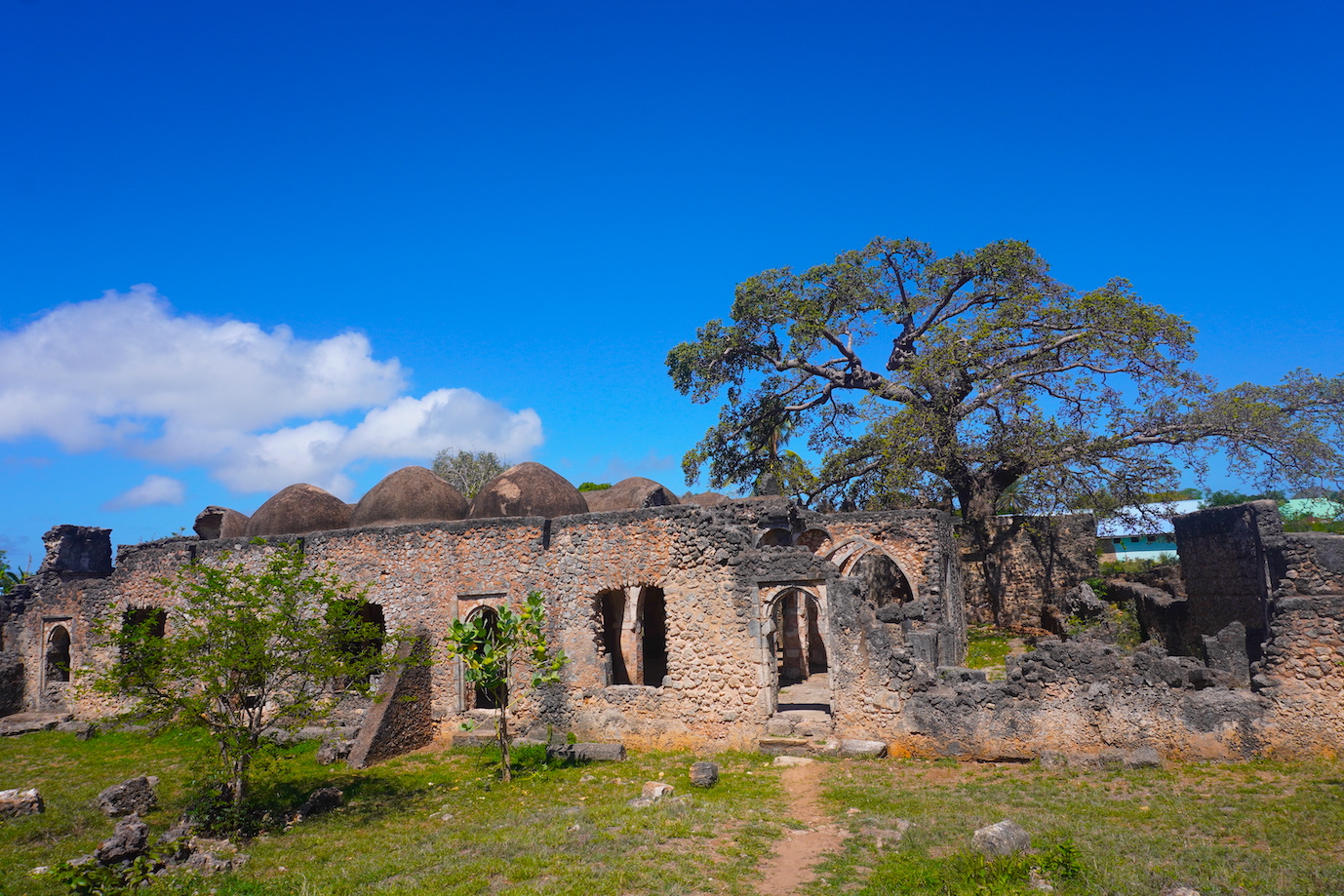
- City Tours: Discover the vibrant life in Dar es Salaam or explore the base town for Kilimanjaro climbs, Moshi, or the city on Lake Victoria, Mwanza.
Discover More National Parks and Regions
Perhaps your first safari has piqued your curiosity, and you want to see even more of Tanzania's incredible natural diversity? How about a trip to the wild south to Nyerere National Park or Ruaha National Park? Or to the chimpanzees in the west on Lake Tanganyika near Kigoma?
The possibilities are diverse! Just talk to me about your interests, and together we will design the perfect extension or combination for your Tanzania trip. There's always a good reason to come back or simply stay longer.
Why Your Private Safari in Tanzania with Apollo Kwilabya & Eyes 4 Nature Safaris Will Be Unforgettable
Choosing the right partner when planning your private safari in Tanzania is crucial for the success of your dream adventure. It's about trust, expertise, and the certainty that your individual wishes are understood and implemented. At Eyes 4 Nature Safaris, founded and led by me, Apollo Kwilabya, we combine profound local knowledge with a passion for nature, culture, and excellent service. Learn more About Us and our dedicated Team.

My Personal Expertise: More Than Just a Job – A Calling
- Over a Decade in the Bush: I am not just a safari planner, but above all an experienced safari guide and former park ranger. With over 7000 days spent in the African wilderness, I know Tanzania's national parks like the back of my hand. I know the hidden paths, the animals' favorite spots, and the little secrets that make a safari truly special.
- Learned from Scratch: My training as a ranger gave me a deep understanding of the ecosystem, animal behavior, and the necessity of conservation. I share this knowledge with passion and enthusiasm with my guests.
- Bilingual Support at the Highest Level: I speak fluent German and English. This means that communication from the first inquiry to the farewell after your safari runs smoothly and clearly. You can rely on your wishes being understood and implemented.
Authenticity and Passion: We Love What We Do
- For us, every safari is more than just a tour – it's a matter of the heart. We don't just want to show you the "Big Five"; we want to give you a real feel for the magic and soul of Tanzania.
- We value authentic experiences, off the beaten track whenever possible. We want you to experience Tanzania as it truly is – wild, beautiful, and full of surprises.
Sustainable Tourism: We Protect What We Love
- Tanzania's nature is our greatest treasure. We are aware of our responsibility to preserve this treasure for future generations. That's why we focus on sustainable tourism practices.
- This means we respect wildlife, minimize our ecological footprint, and work closely with local communities to ensure they also benefit from tourism. When you travel with us, you also support nature conservation and the development of local projects.
Individual Consultation and Support: Your Dream, Our Plan
- Tailor-Made Experiences: With us, there are no off-the-shelf safaris. Every private safari is individually planned according to your wishes, interests, and budget. From the first contact to the last detail of your trip, I am at your side as your personal safari designer.
- Flexibility: Your wishes may change, or nature may have other plans – no problem! On a private safari with us, we are flexible and can adapt to new circumstances.
- Selected Partners and Accommodations: We only work with partners and accommodations that meet our high-quality standards and share our philosophy of authentic and sustainable travel.
Your private safari in Tanzania with us means:
- A deep immersion in the nature and culture of Tanzania.
- Unforgettable wildlife sightings, led by experts.
- Authentic encounters and experiences.
- A smooth process and an organization you can rely on.
- The certainty that your journey not only brings you joy but also makes a positive contribution.
Let's design your personal Tanzania adventure together – an adventure you will never forget!
Conclusion: Your Private Safari in Tanzania – A Dream Becomes Reality
We have reached the end of our shared journey through the fascinating world of private safaris in Tanzania. You now have a comprehensive insight into what awaits you: from the careful planning of your tailor-made adventure and unforgettable experiences in the breathtaking wilderness to enriching cultural encounters.
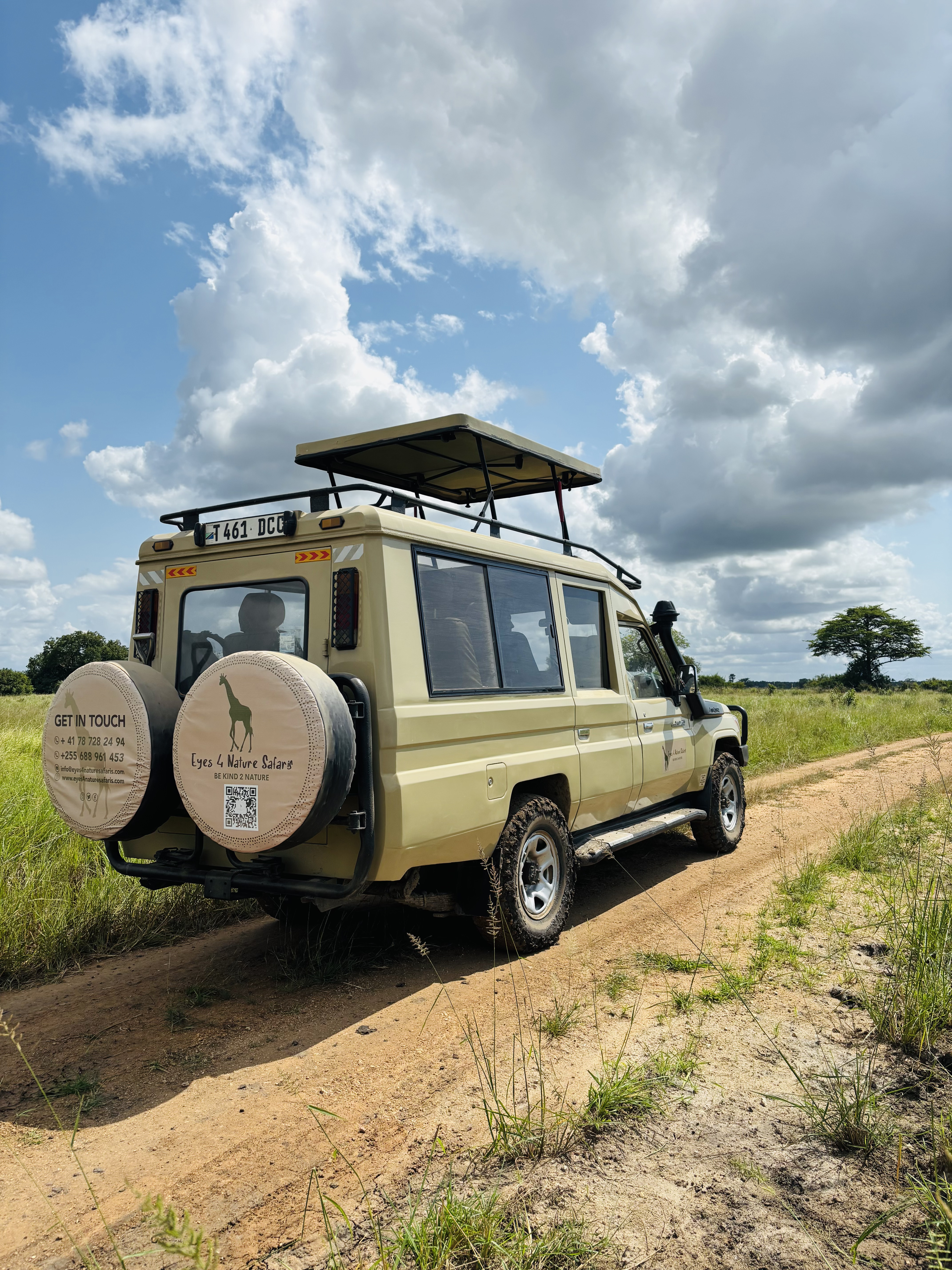
A private safari in Tanzania is far more than just a holiday. It is a journey to yourself, an intense connection with nature, and an encounter with a world that will enchant you with its beauty, its originality, and its diversity. The flexibility, exclusivity, and personal attention that a private tour offers make it the ultimate way to discover this wonderful country.
Imagine:
- You awaken to the calls of the African wilderness, right outside your lodge or tent.
- You experience goosebump moments observing the Big Five and countless other animals in their natural habitat.
- You determine the pace and route of your daily explorations, accompanied by your personal, experienced guide.
- You enjoy romantic sundowners at the most beautiful viewpoints and delicious meals under Africa's sparkling starry sky.
- You take home not only photos but indelible memories and a deeper understanding of Tanzania's nature and culture.
This dream can become a reality. With my experience as your safari expert Apollo Kwilabya and the commitment of Eyes 4 Nature Safaris, we will jointly design your perfect private safari – entirely according to your wishes, your interests, and your budget.
Are you ready for your Tanzania adventure?
Don't hesitate any longer! Contact Us today for your personal and non-binding offer. Tell us about your ideas, and let's plan your dream trip together. Discover our diverse Tour Suggestions for inspiration or let us put together a completely individual route for you.
I look forward to welcoming you here in Tanzania soon and introducing you to the wonders of my homeland in a very special way!
Welcome to Tanzania!
